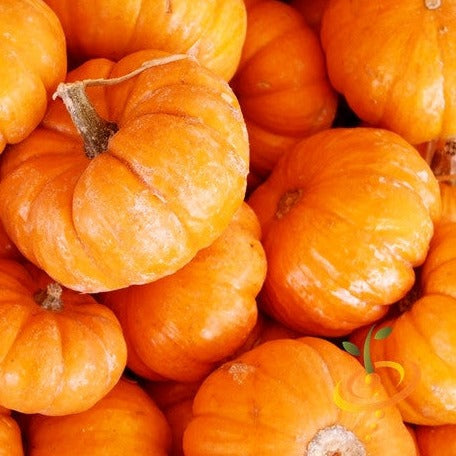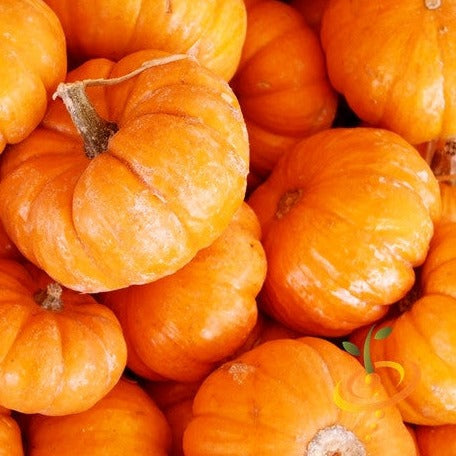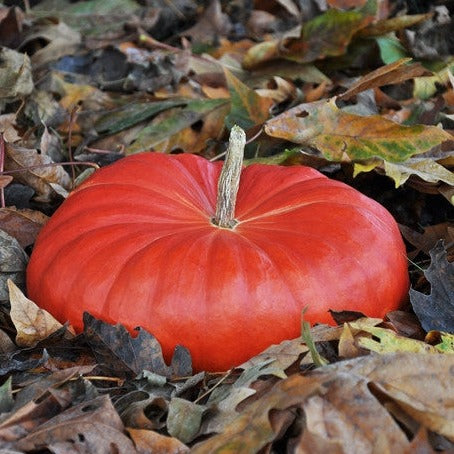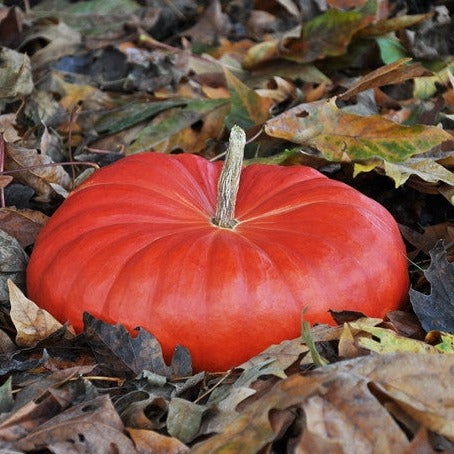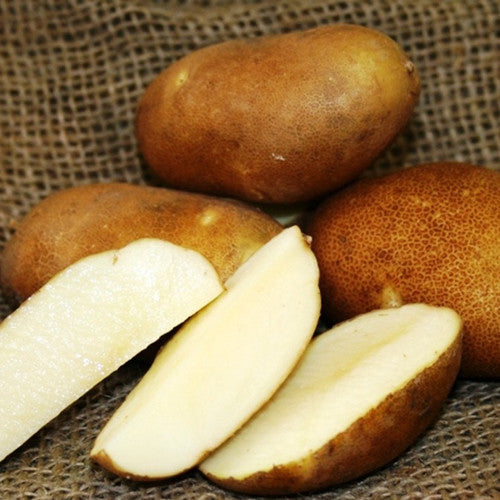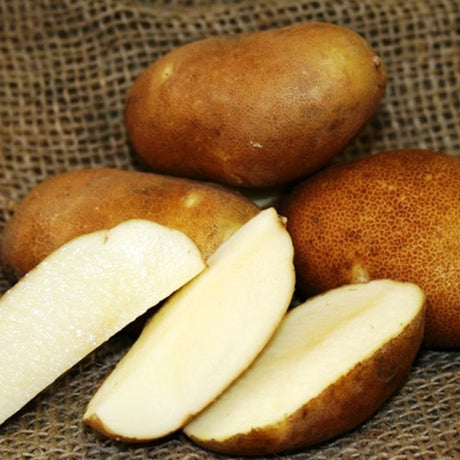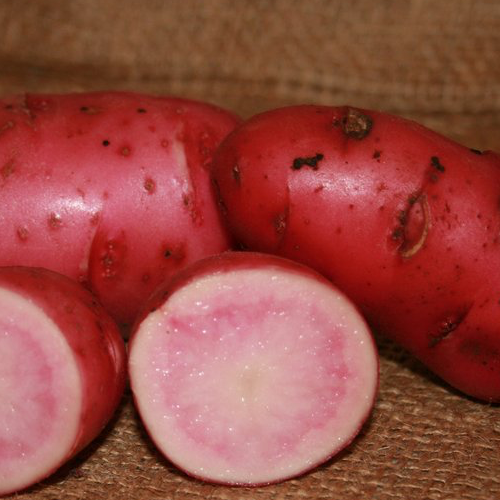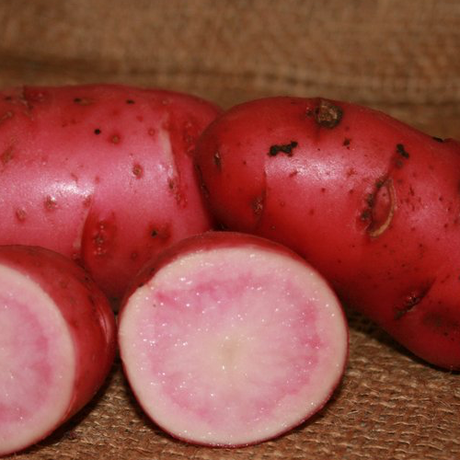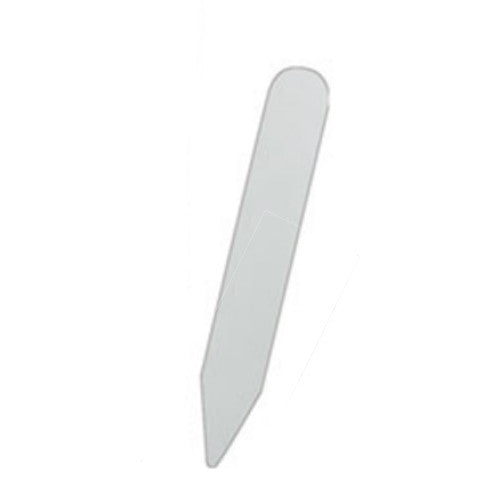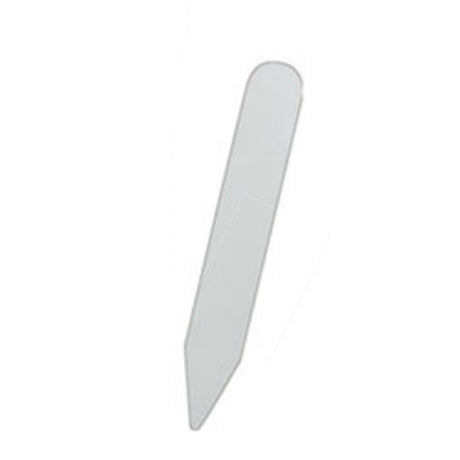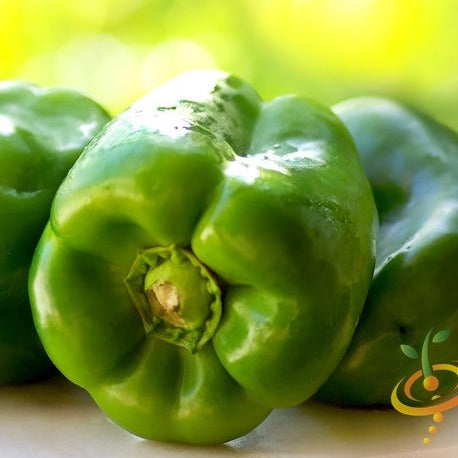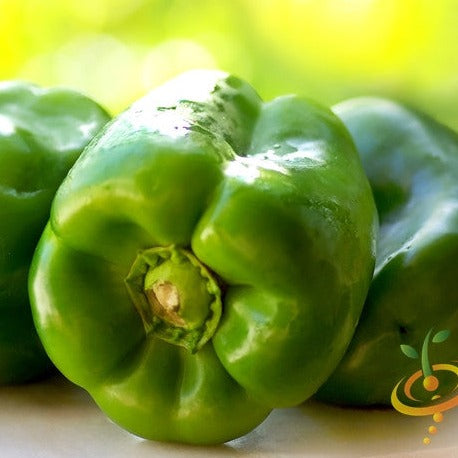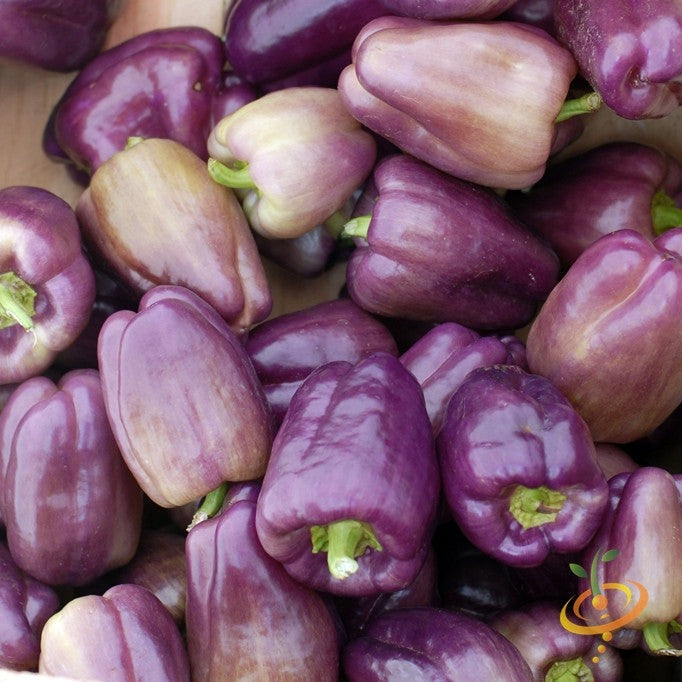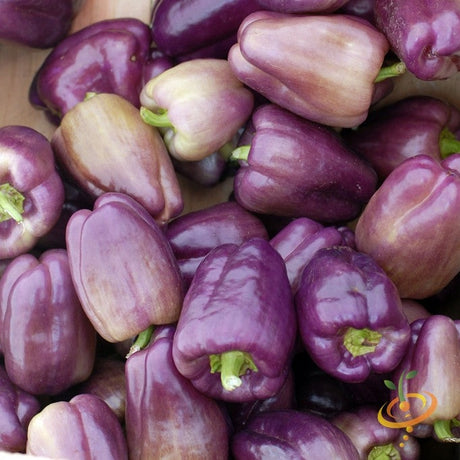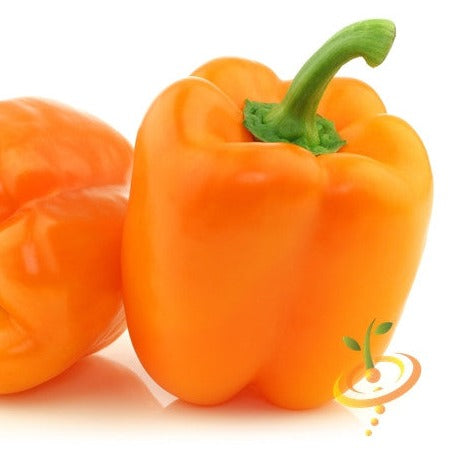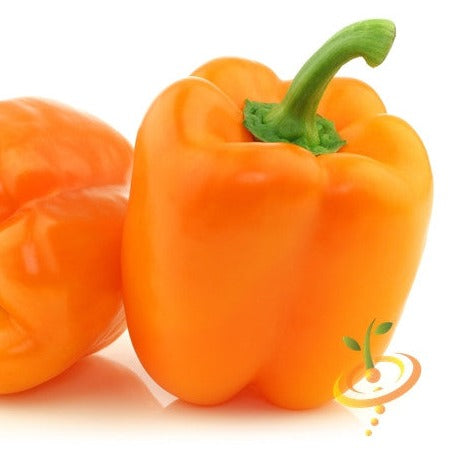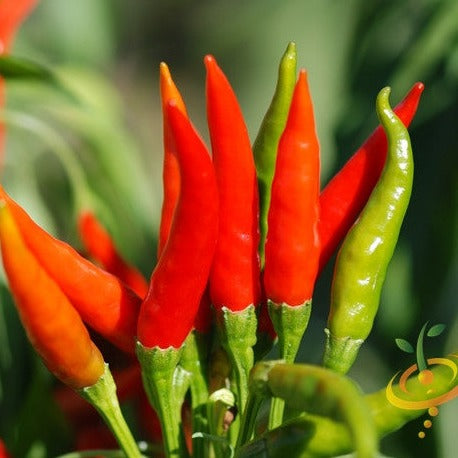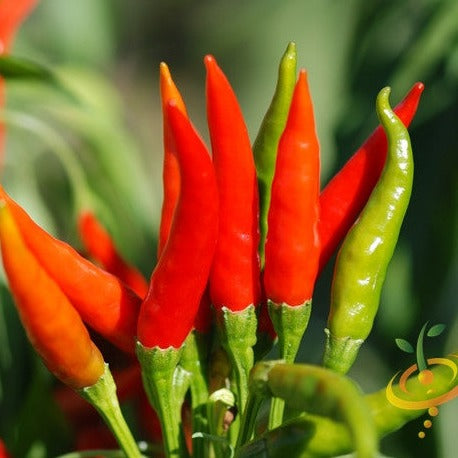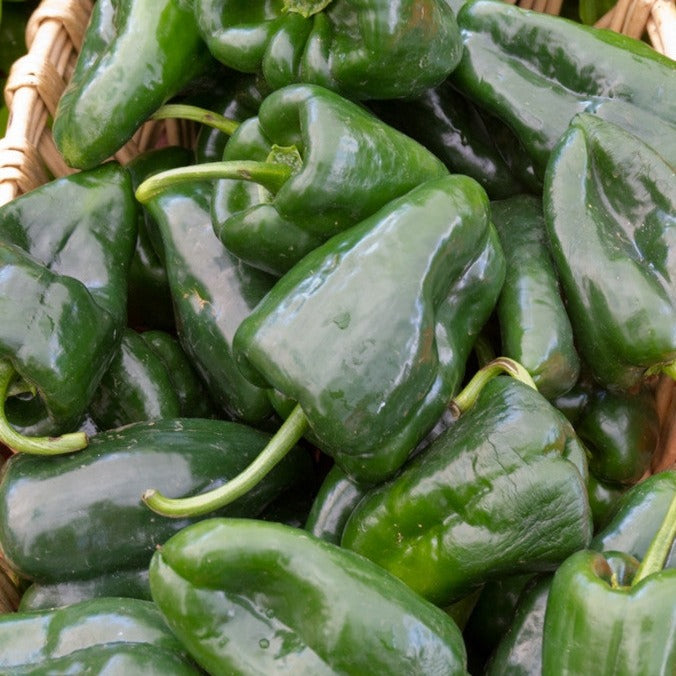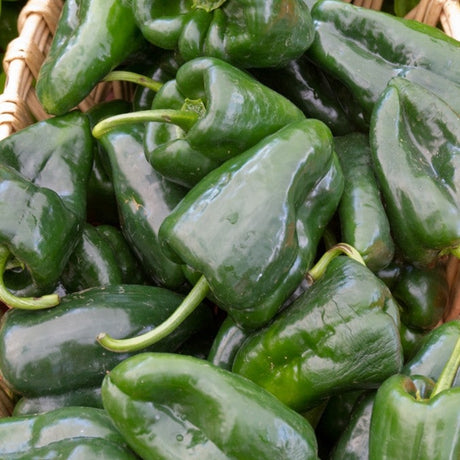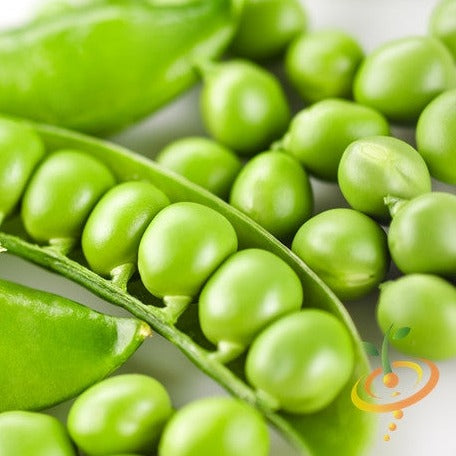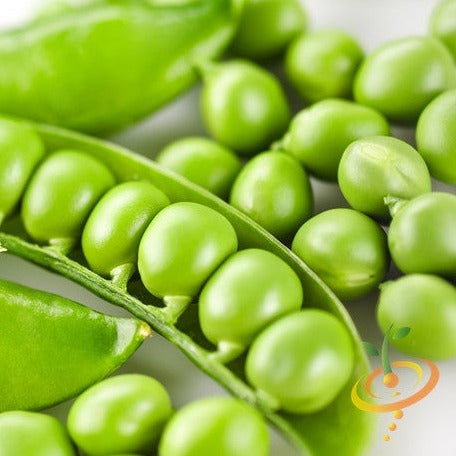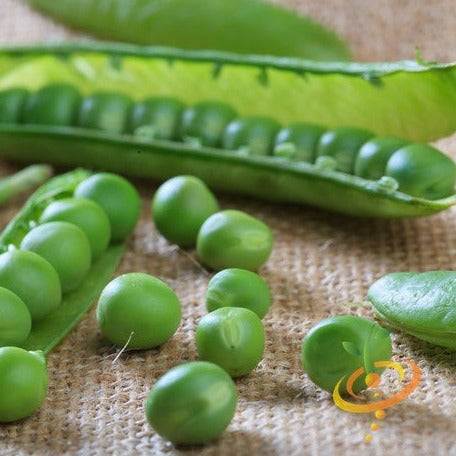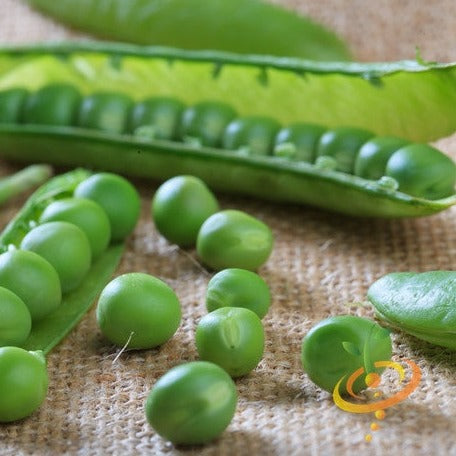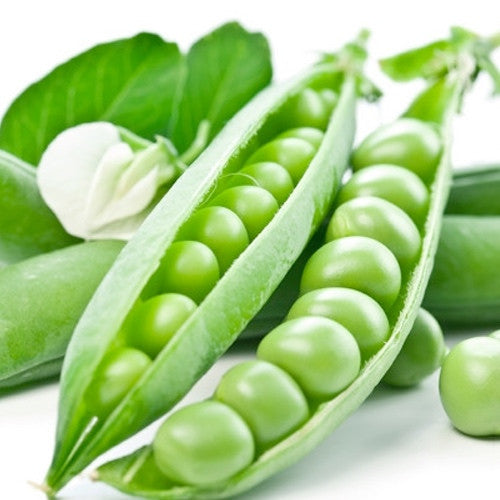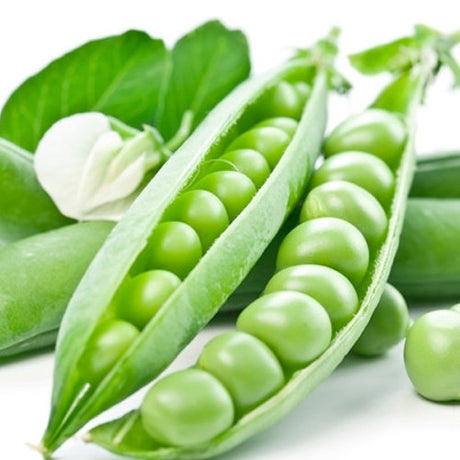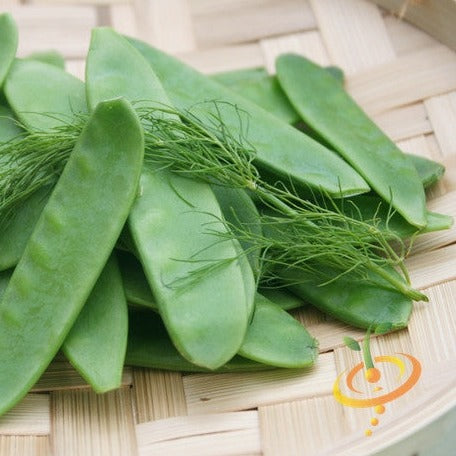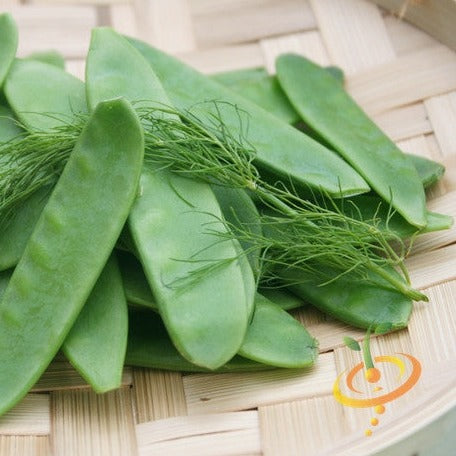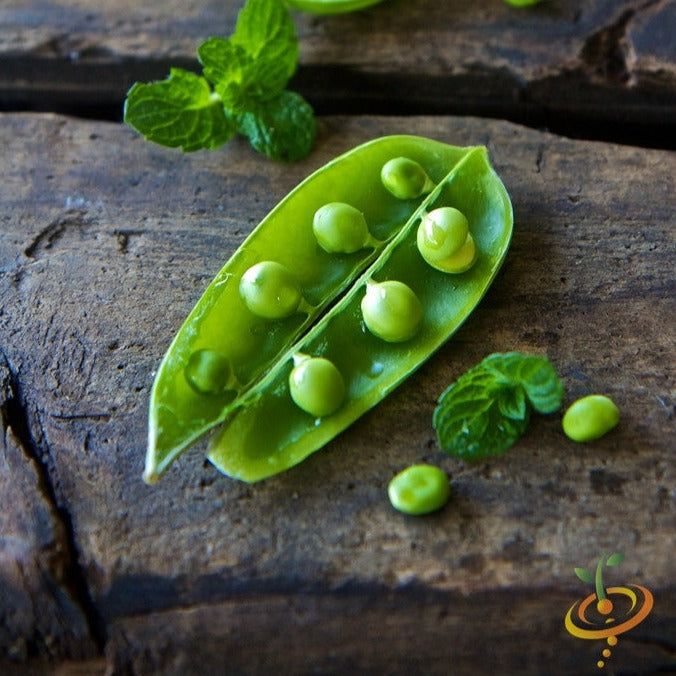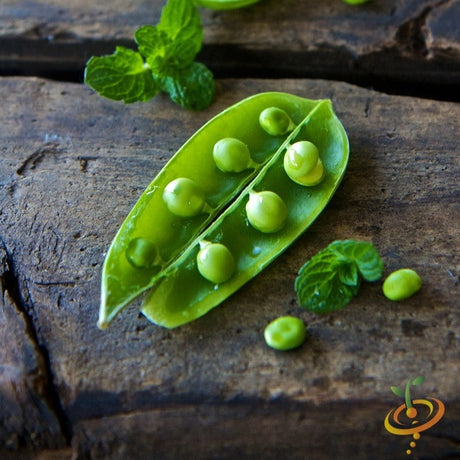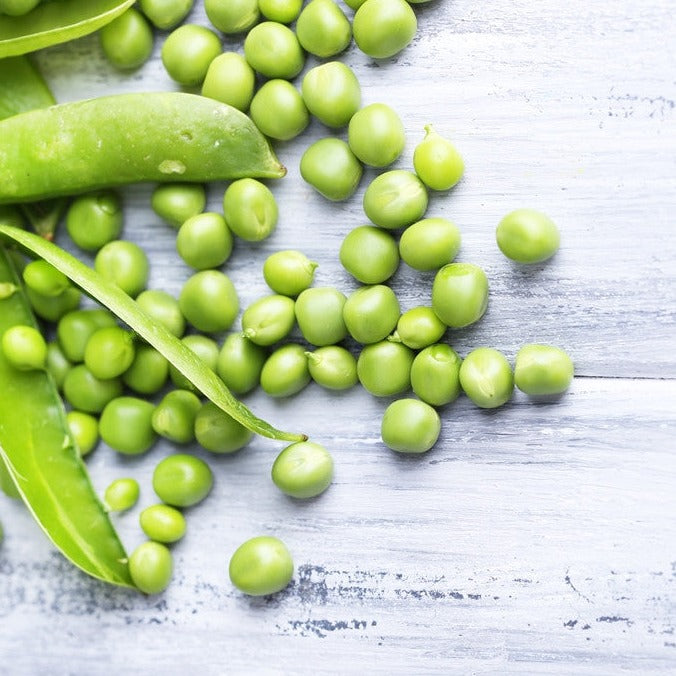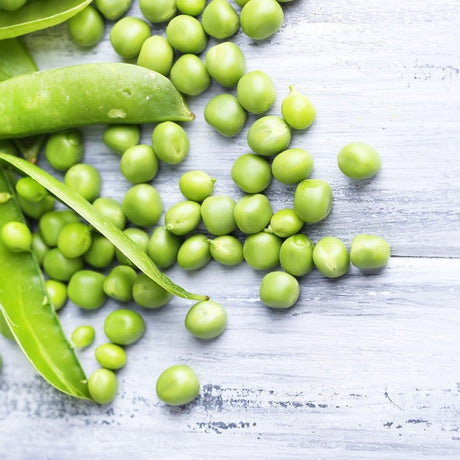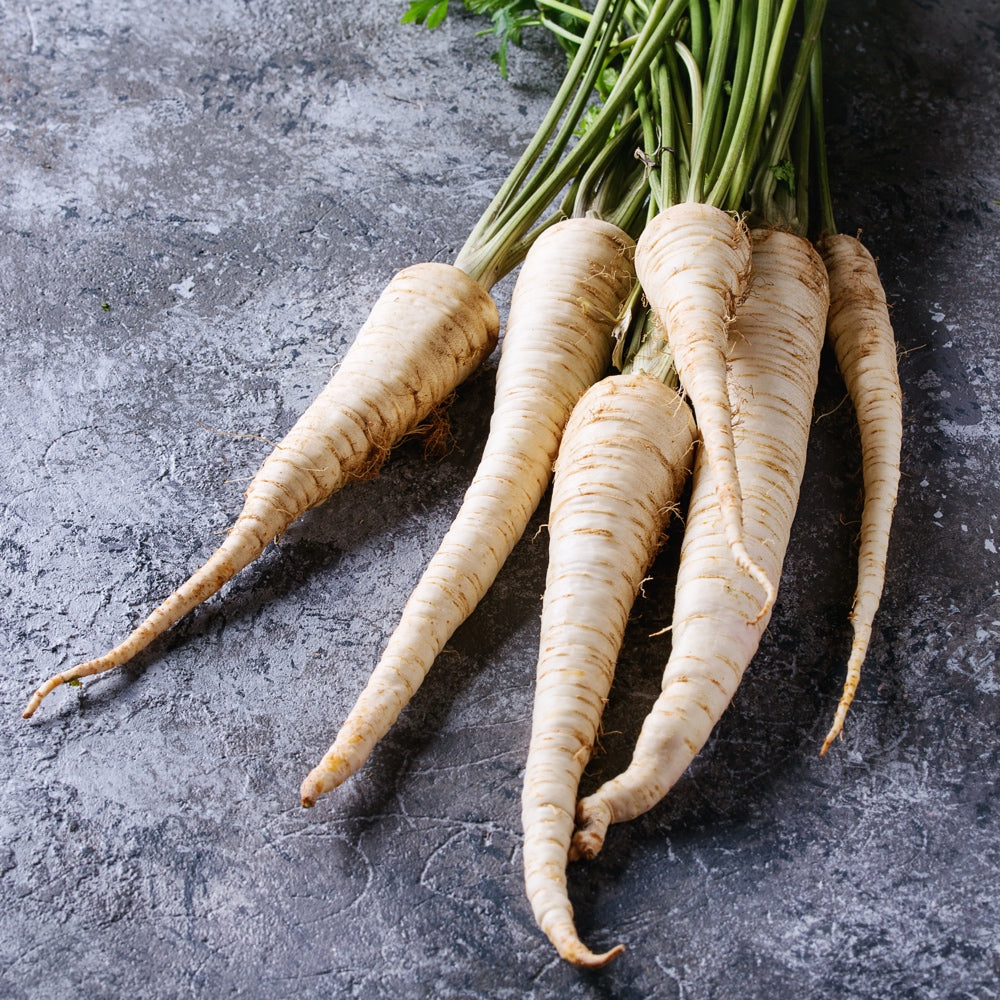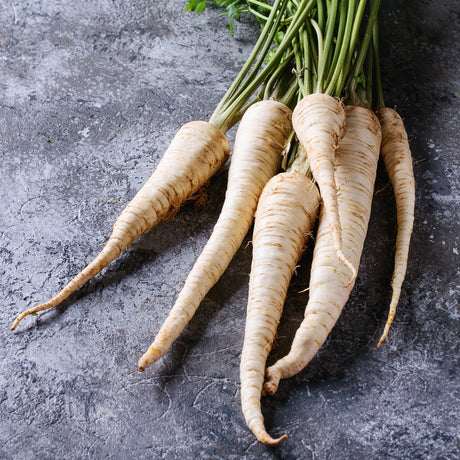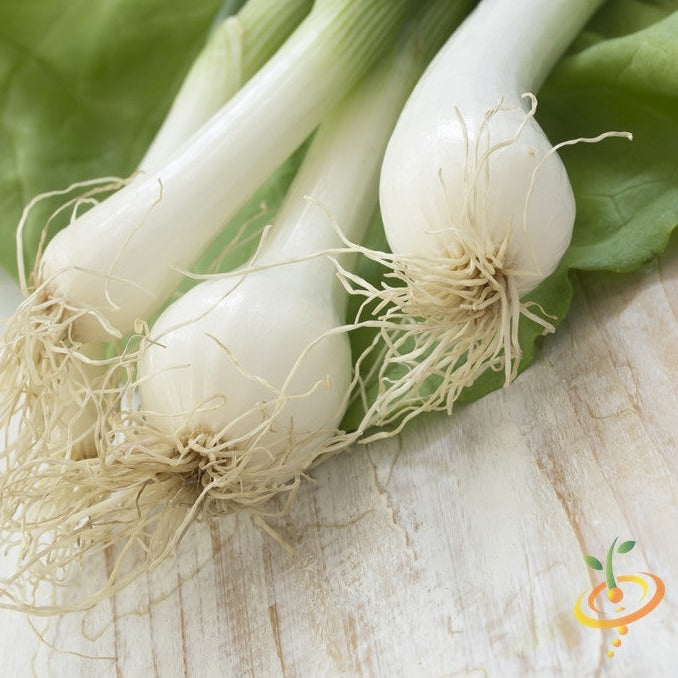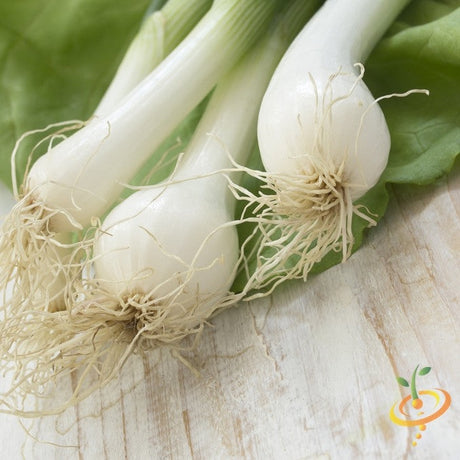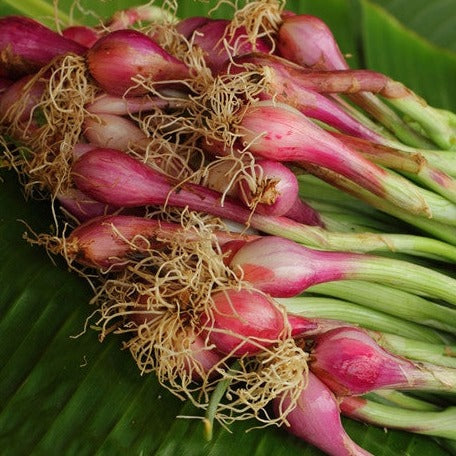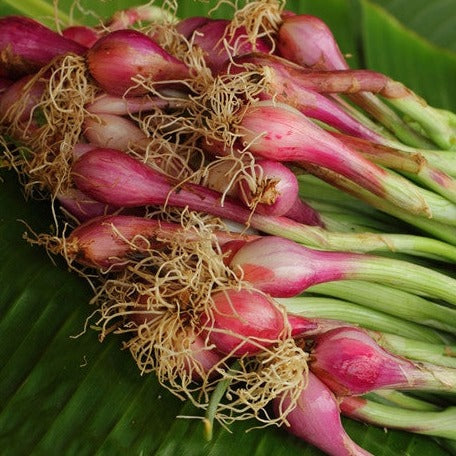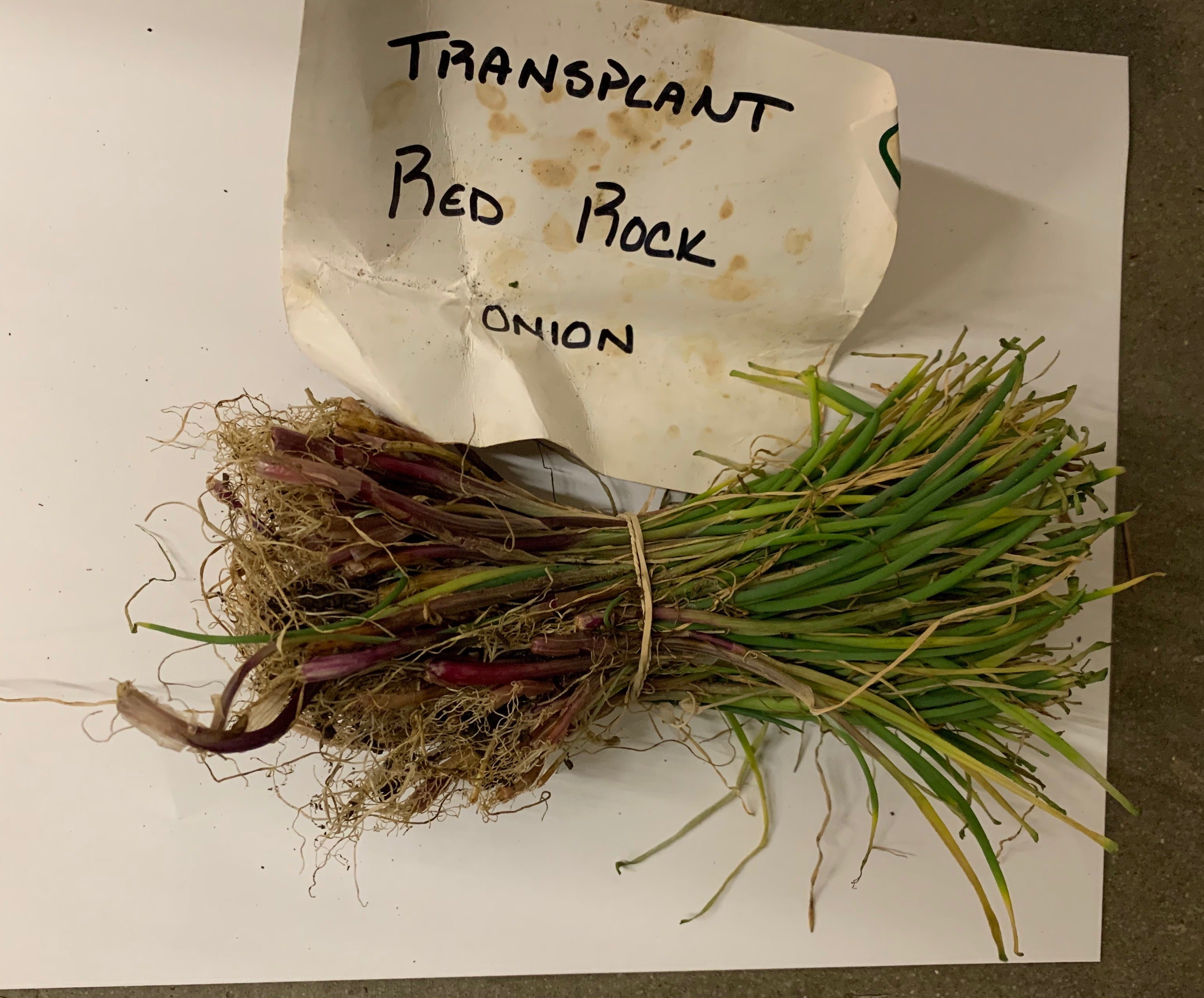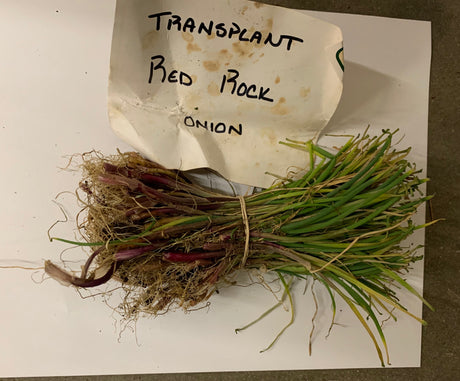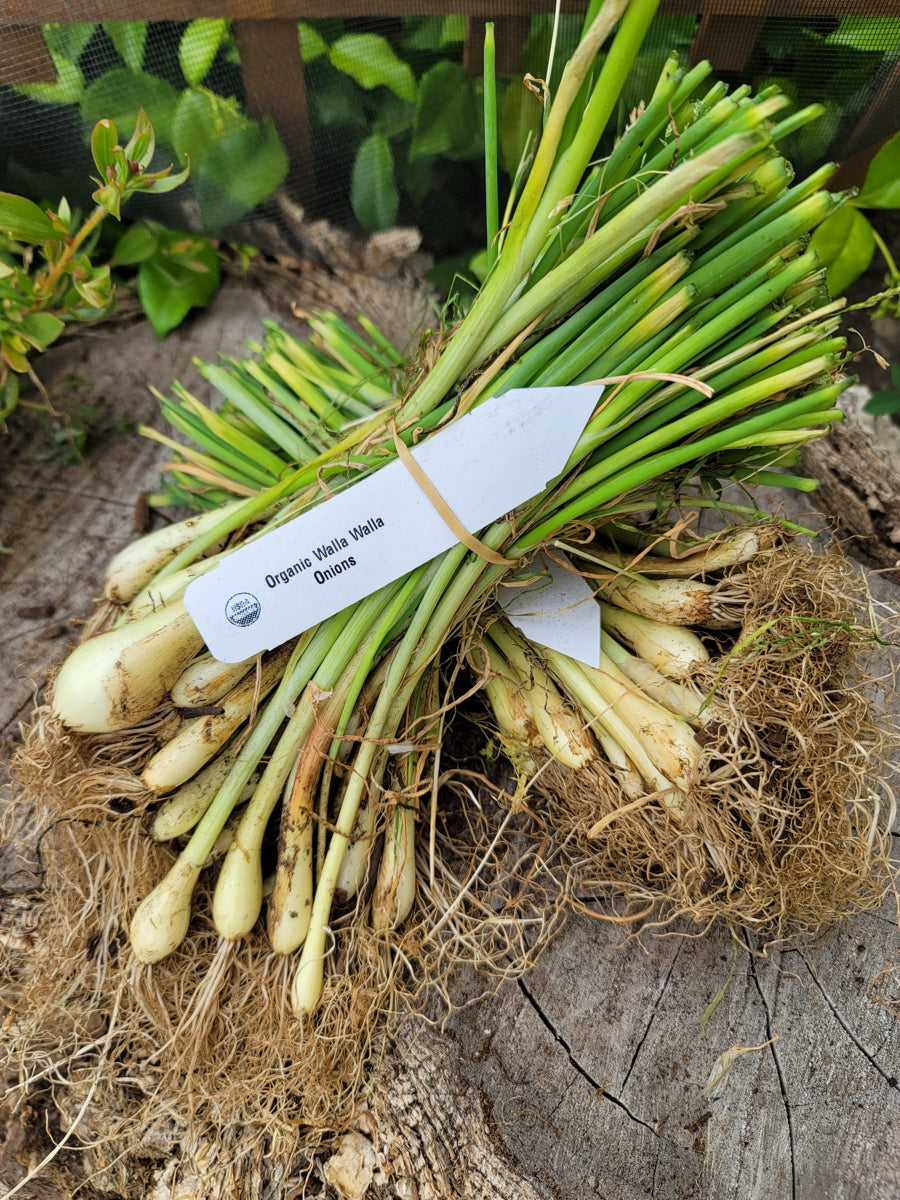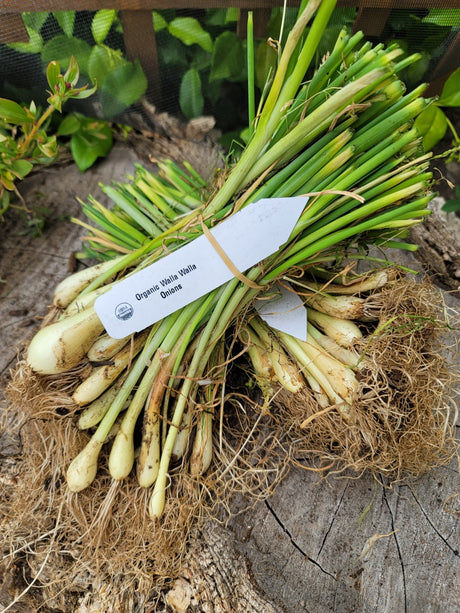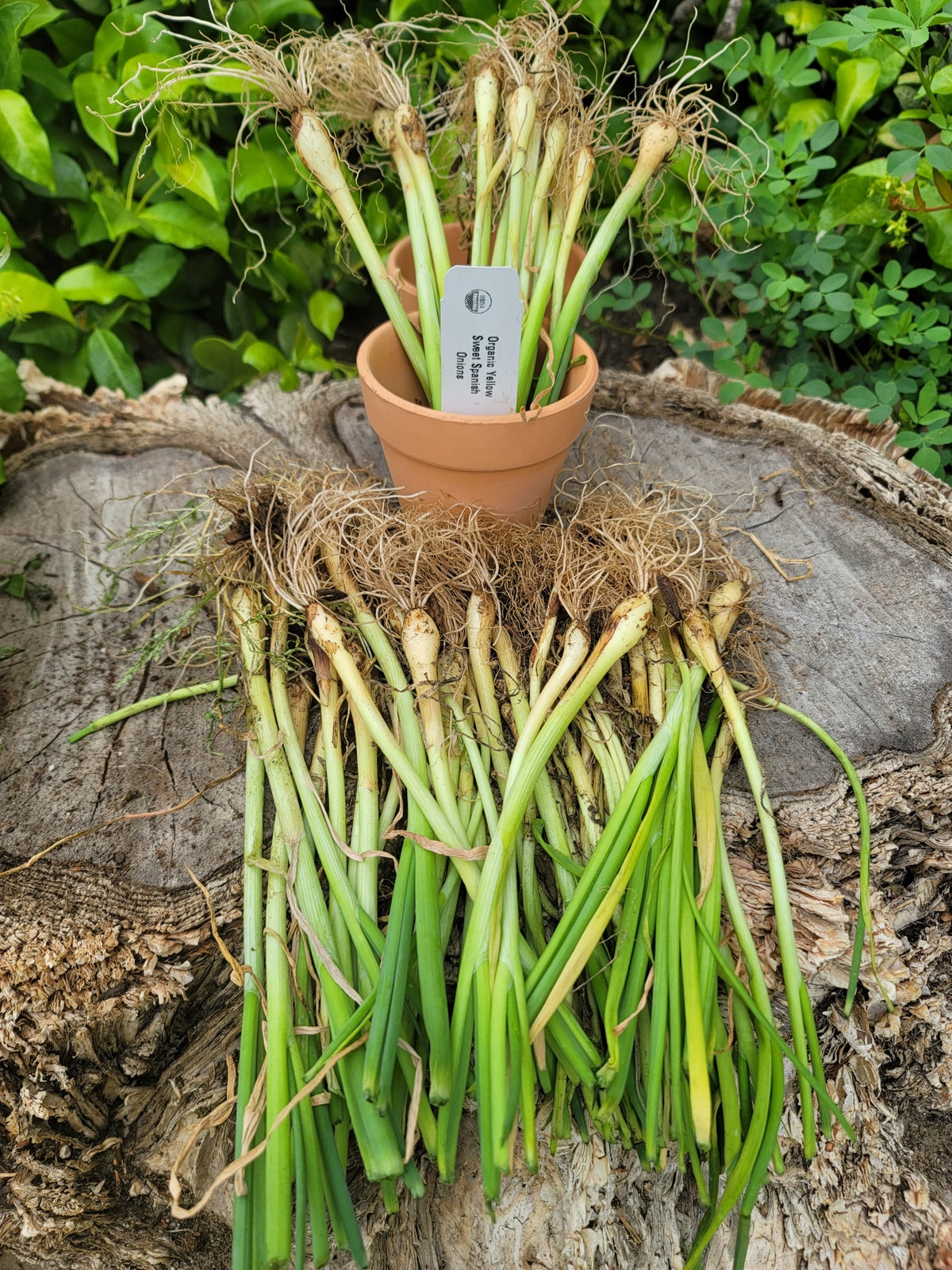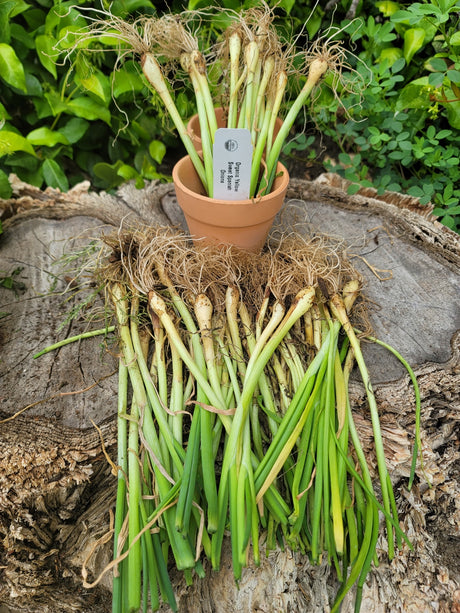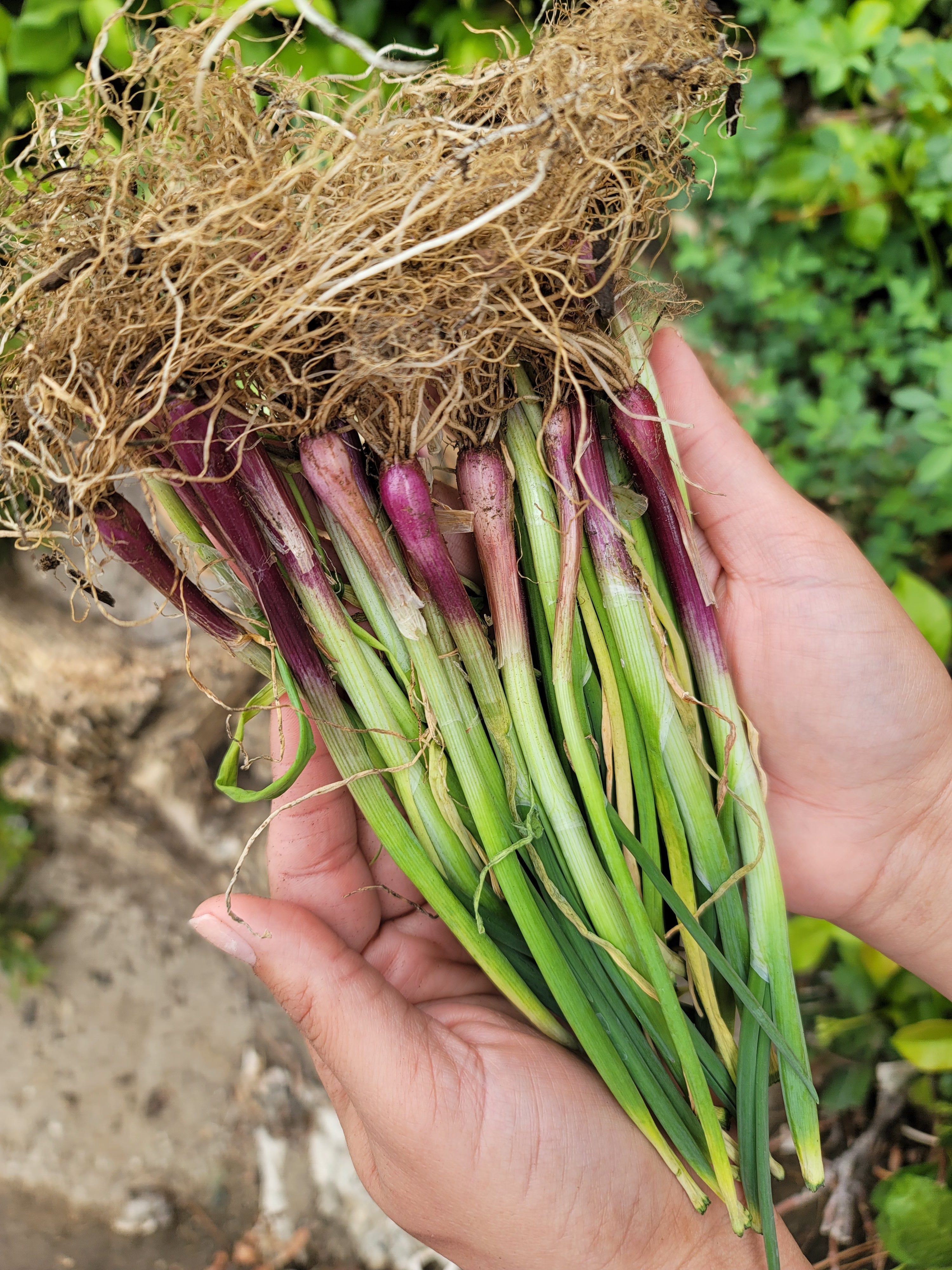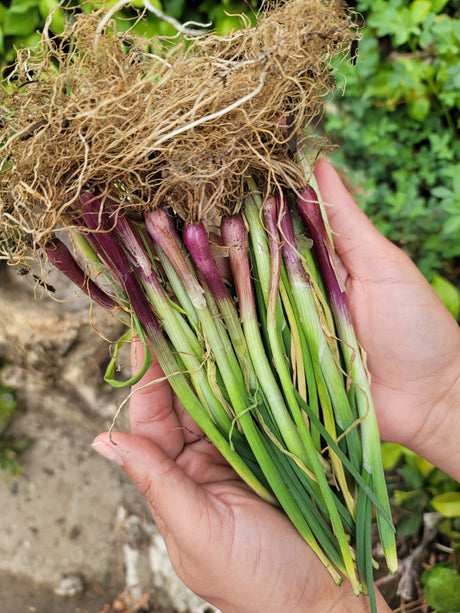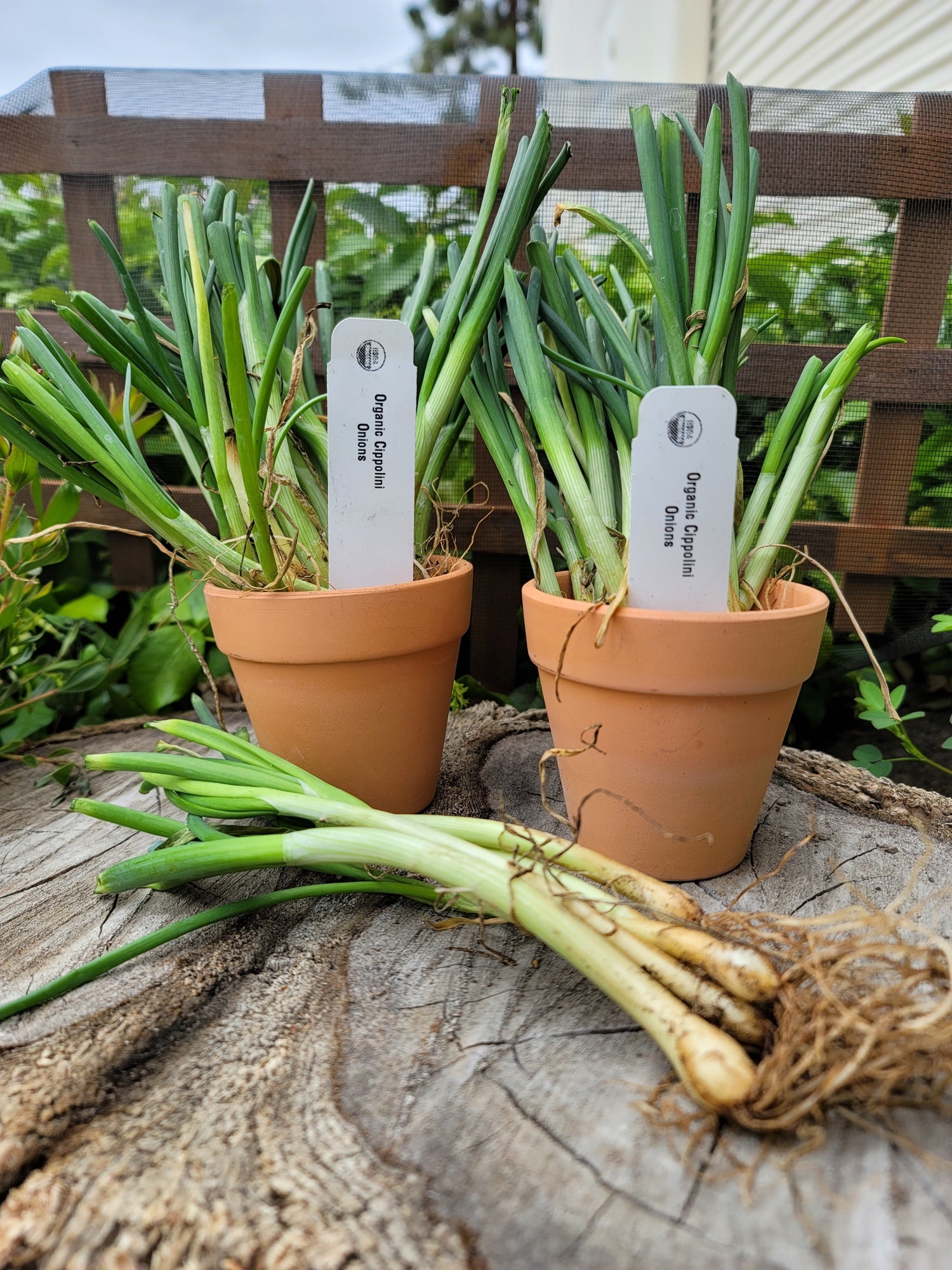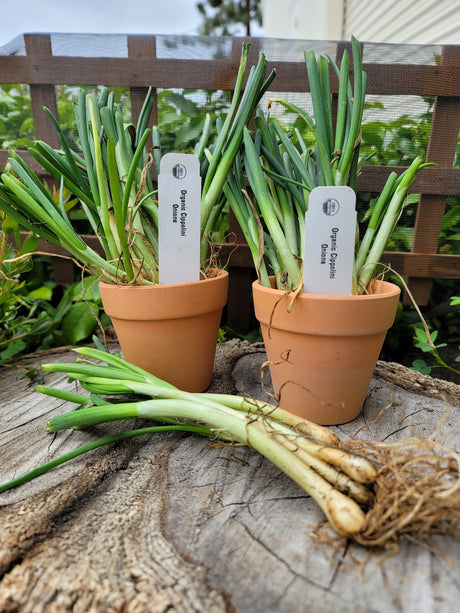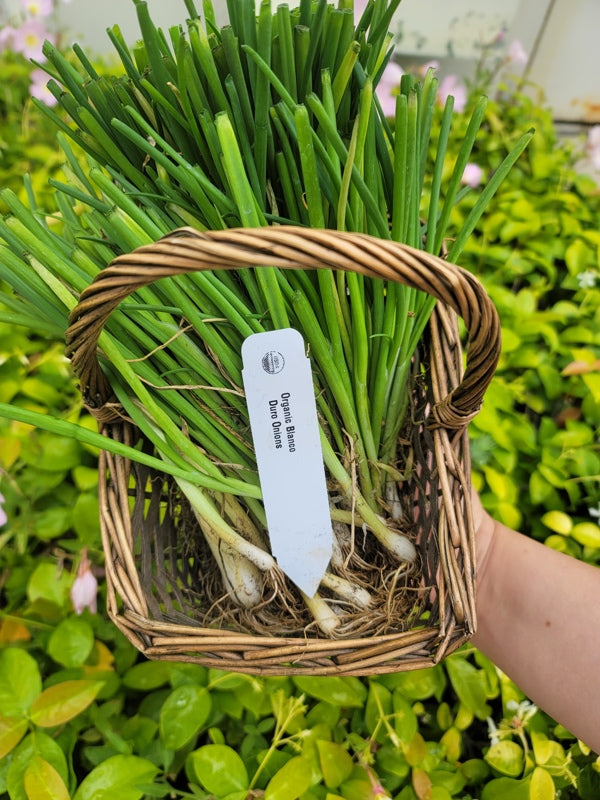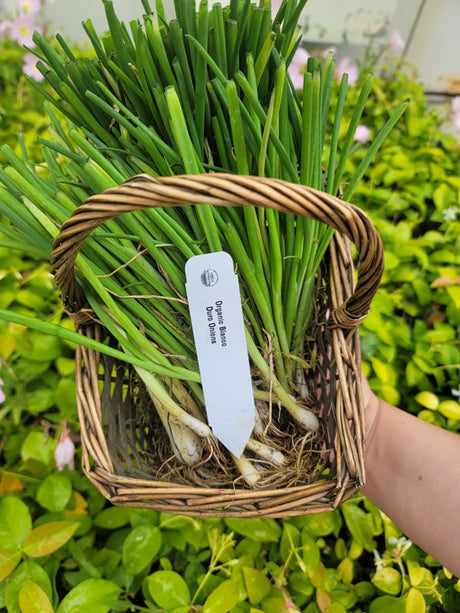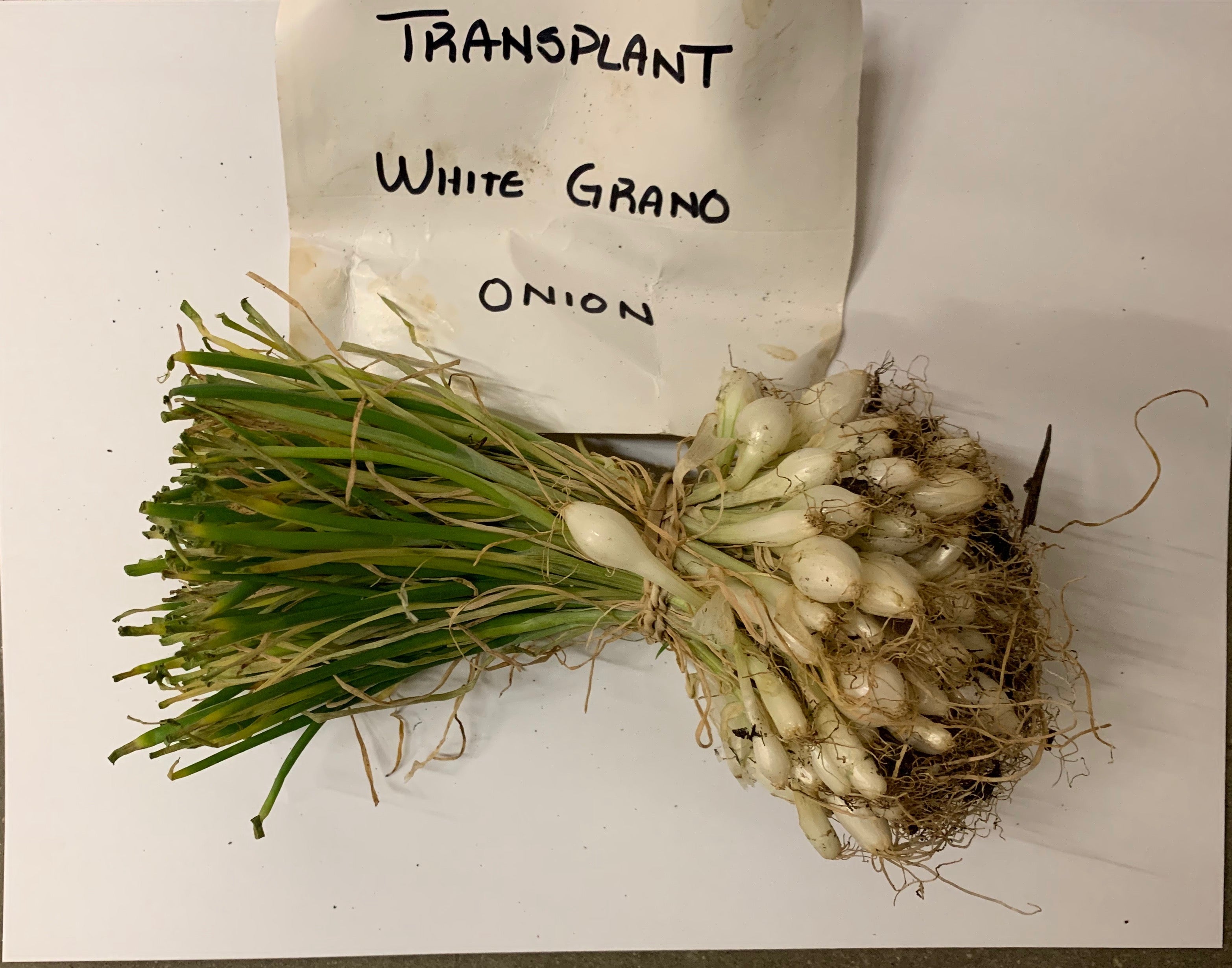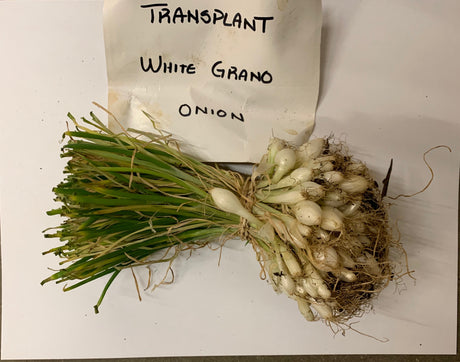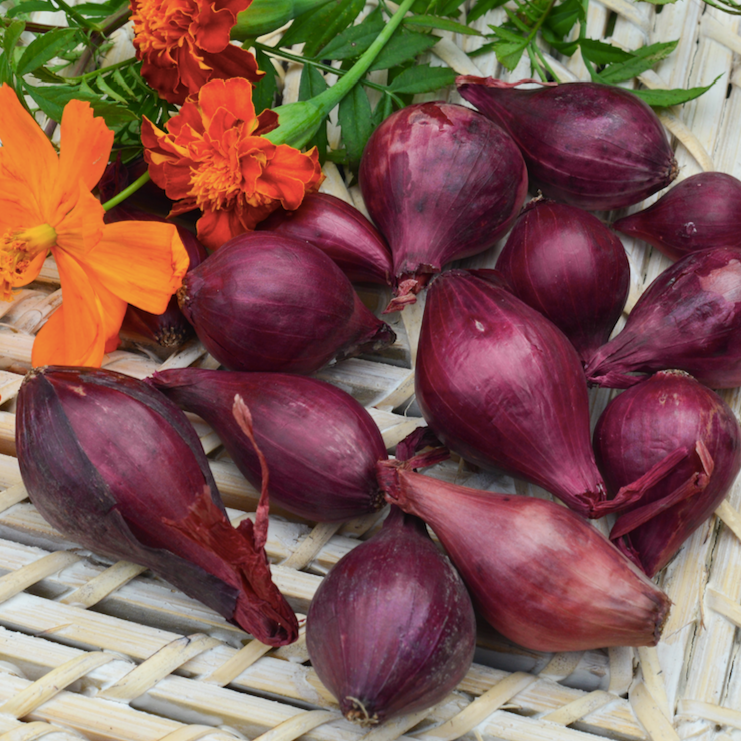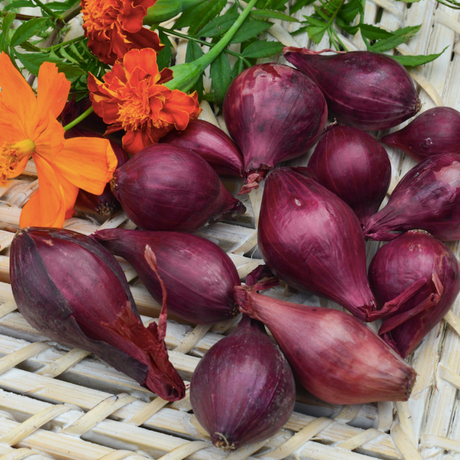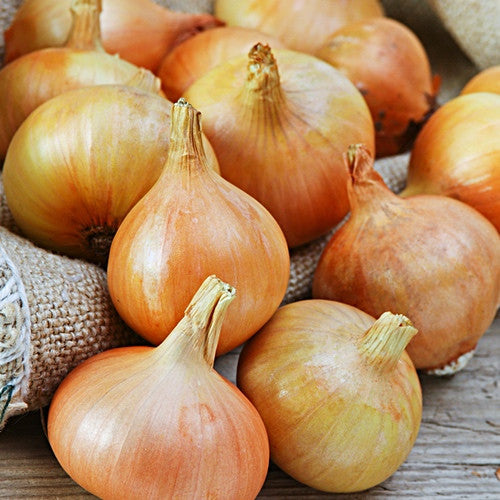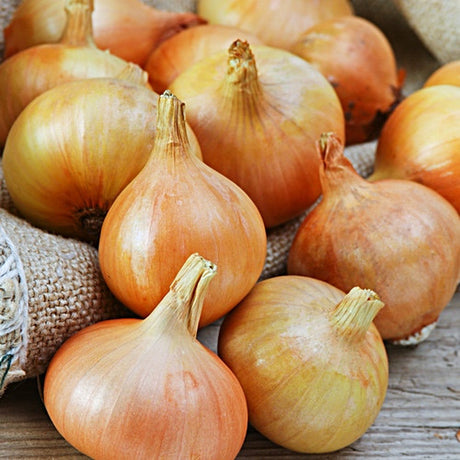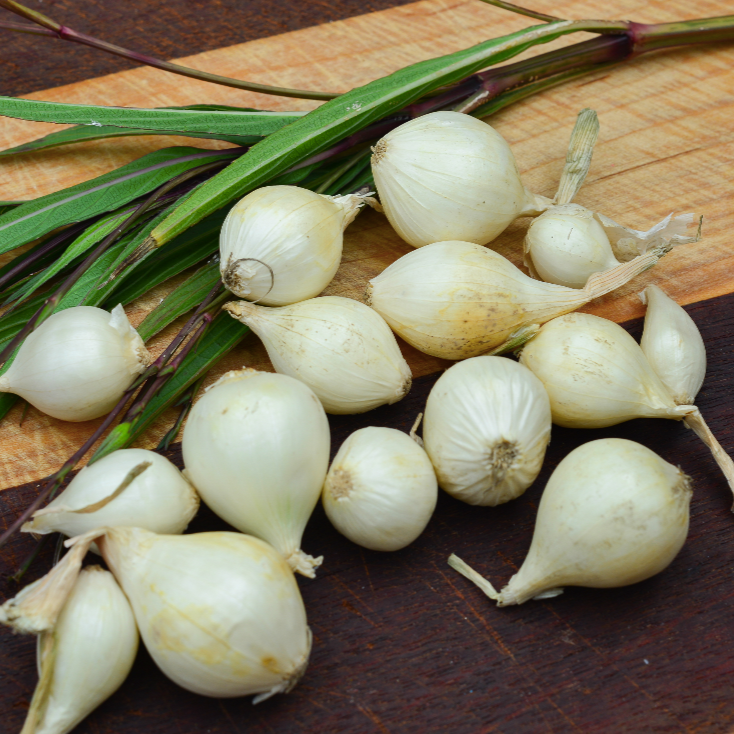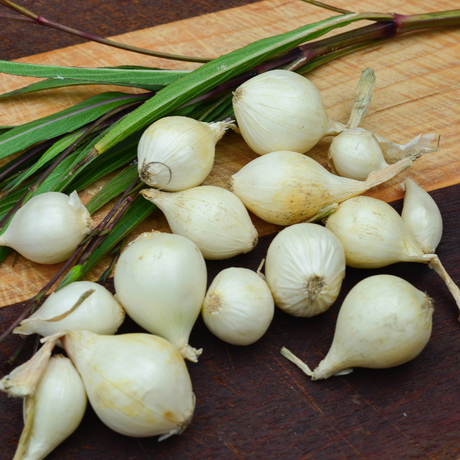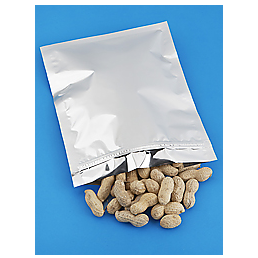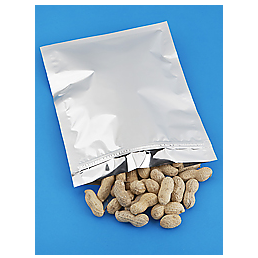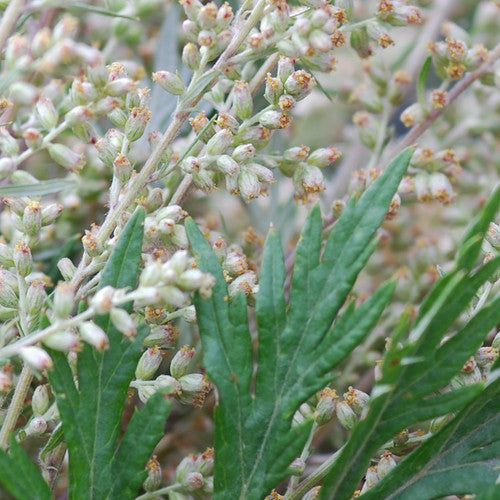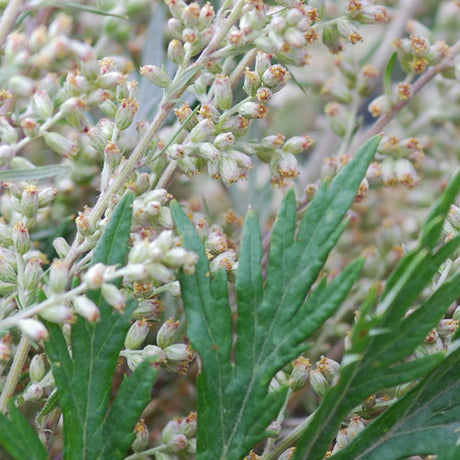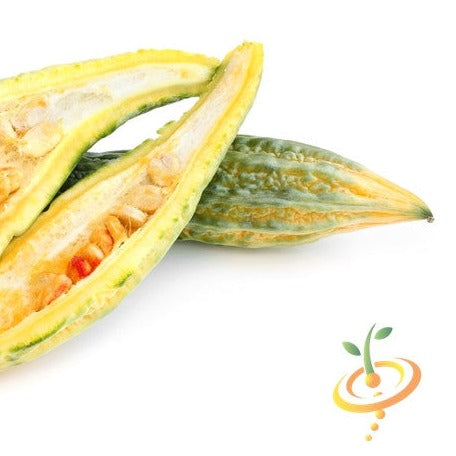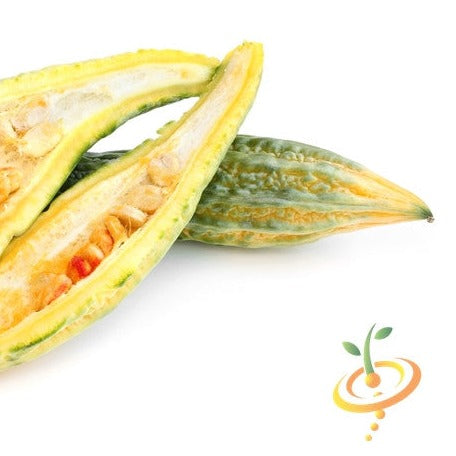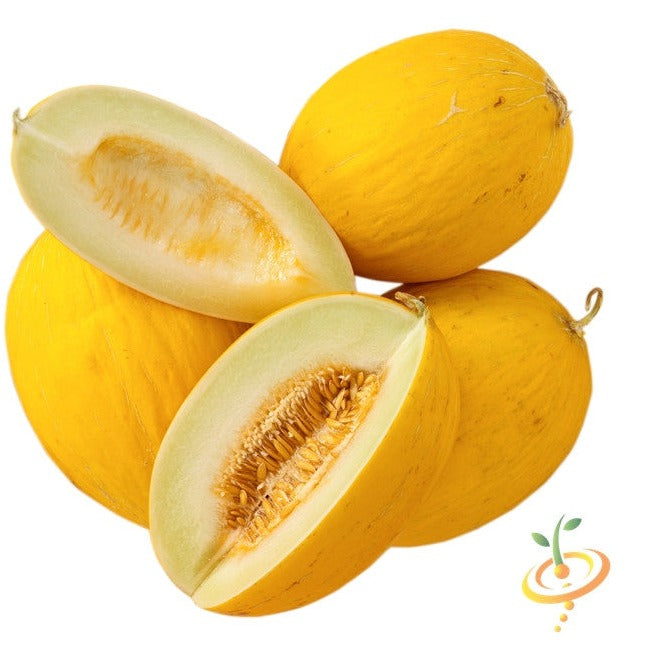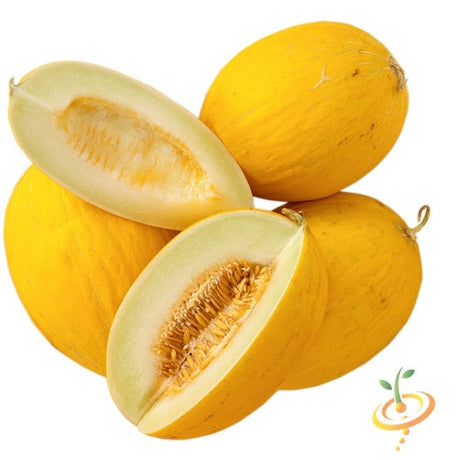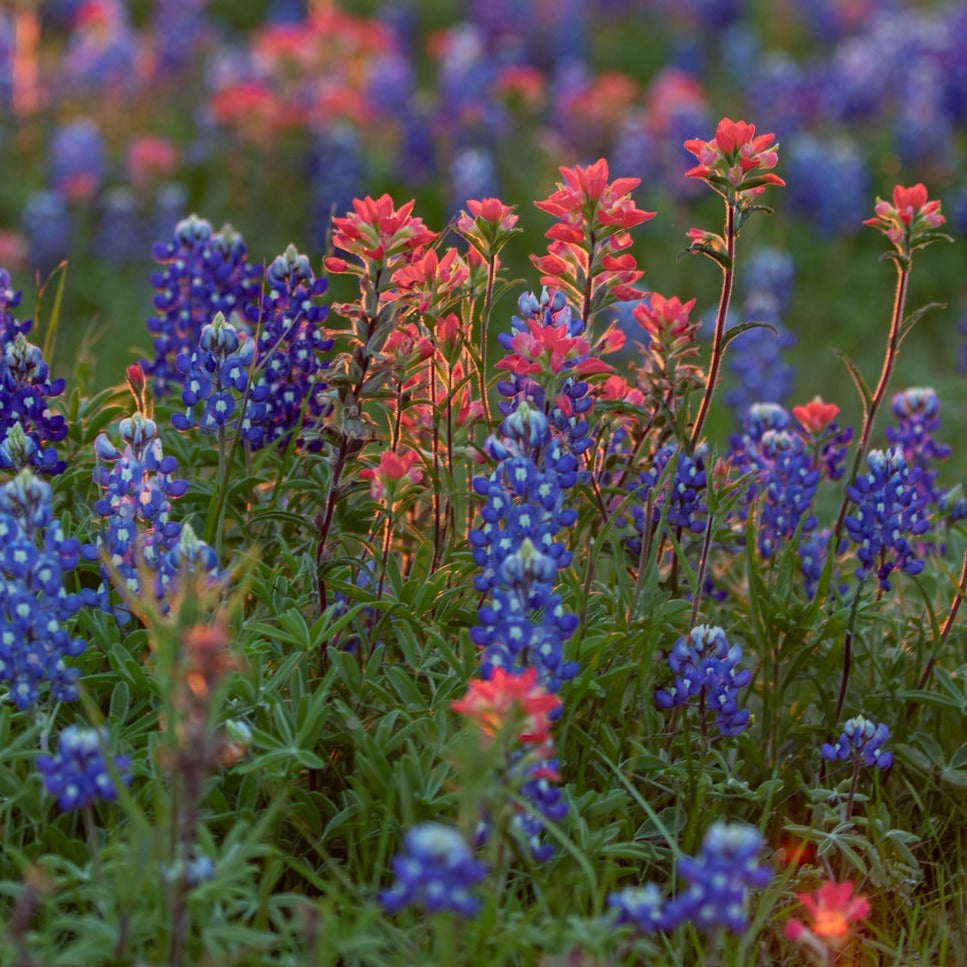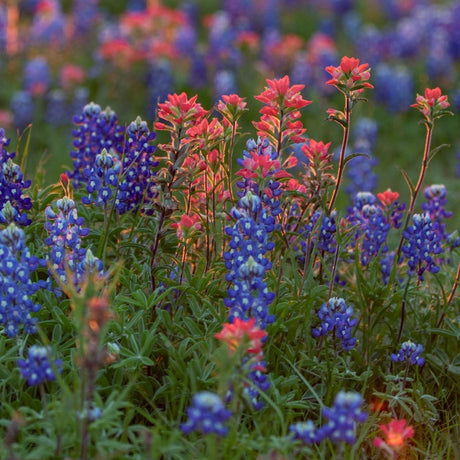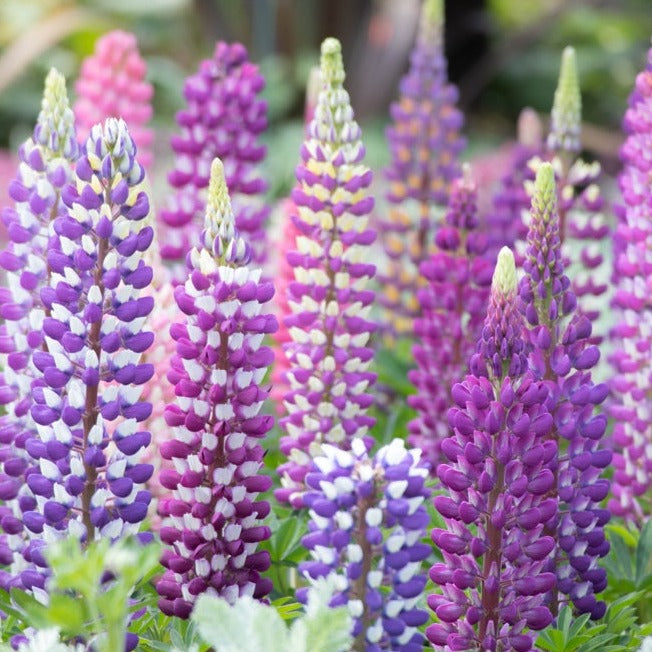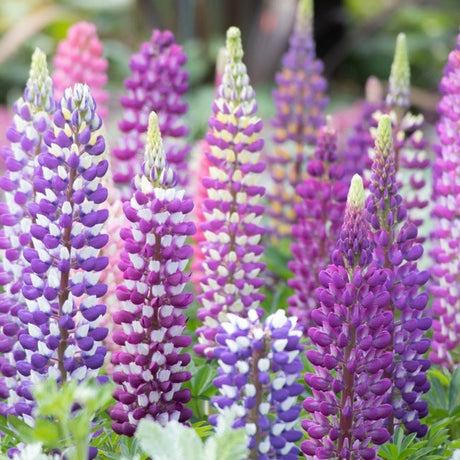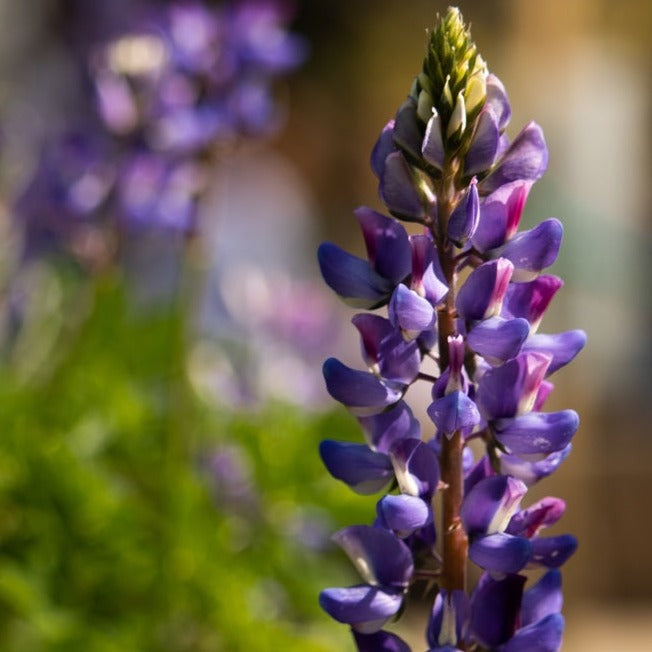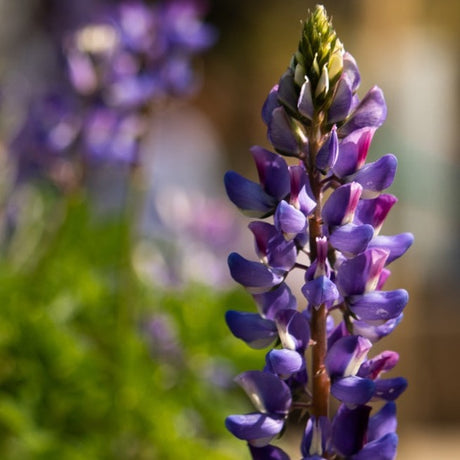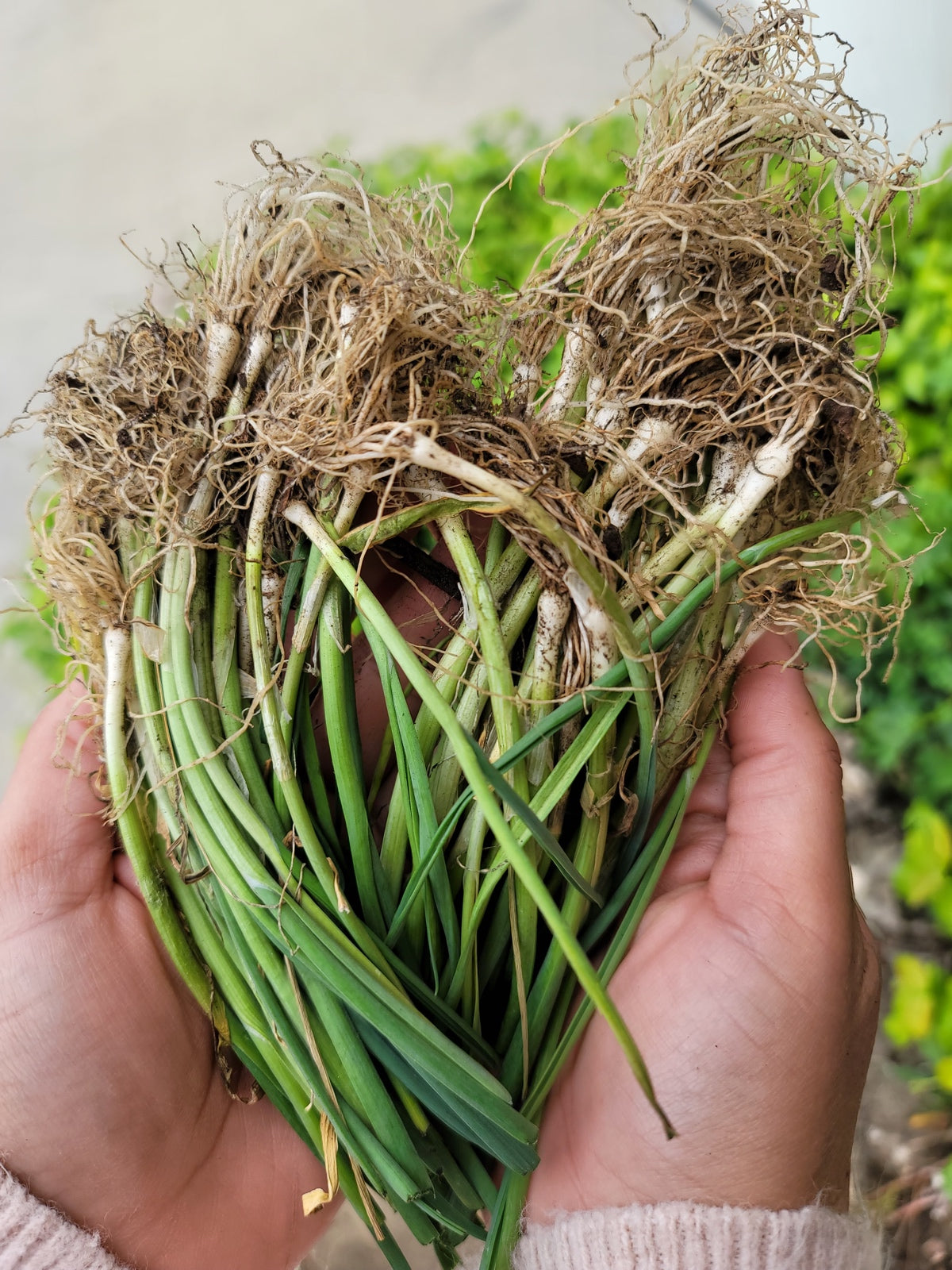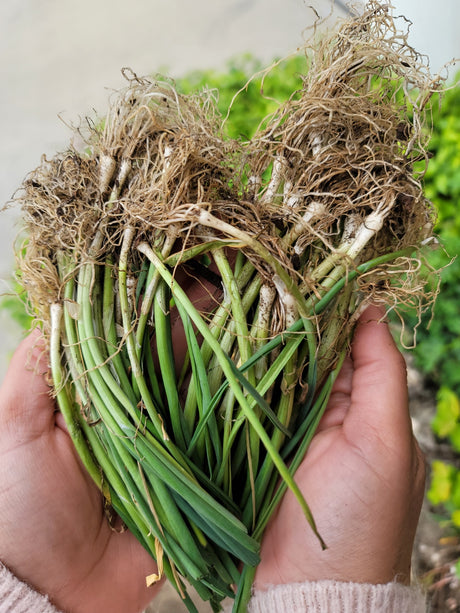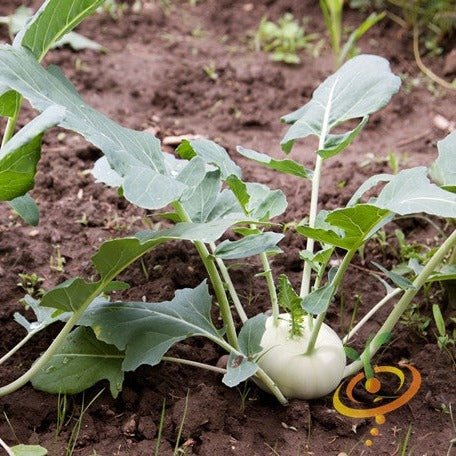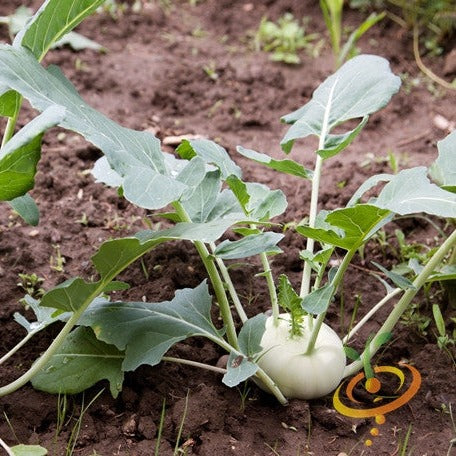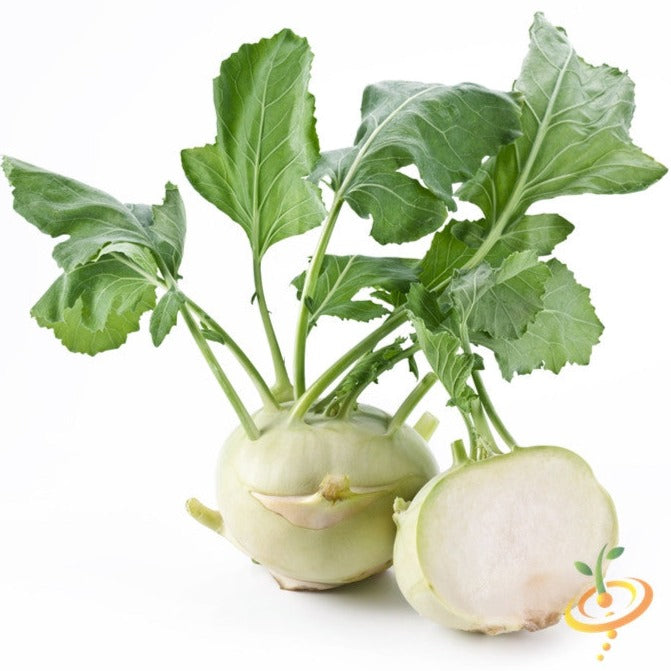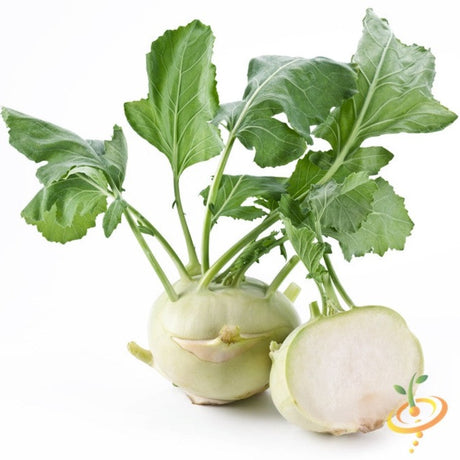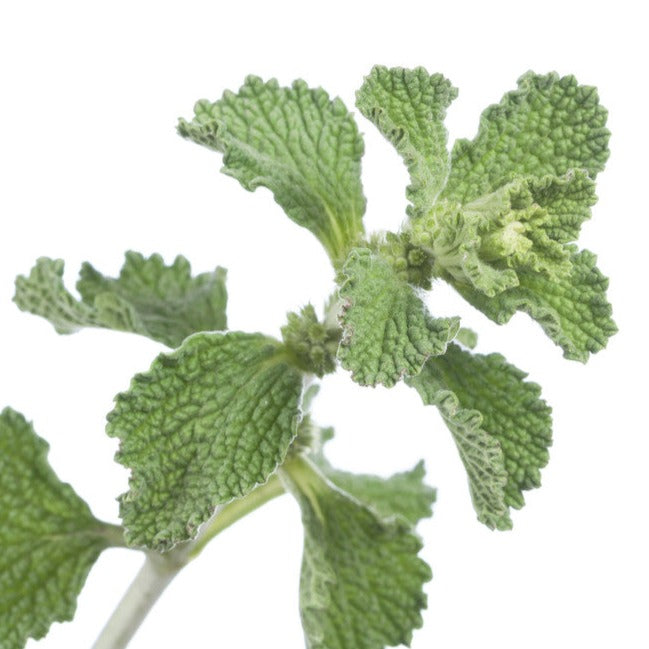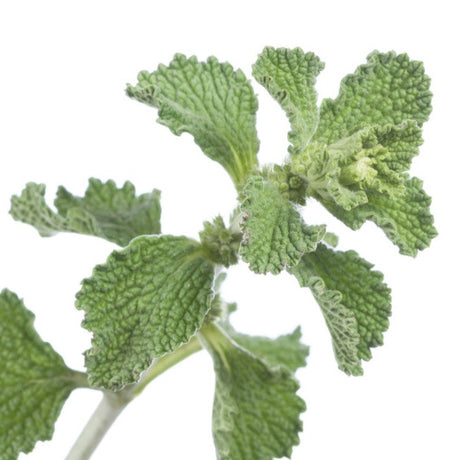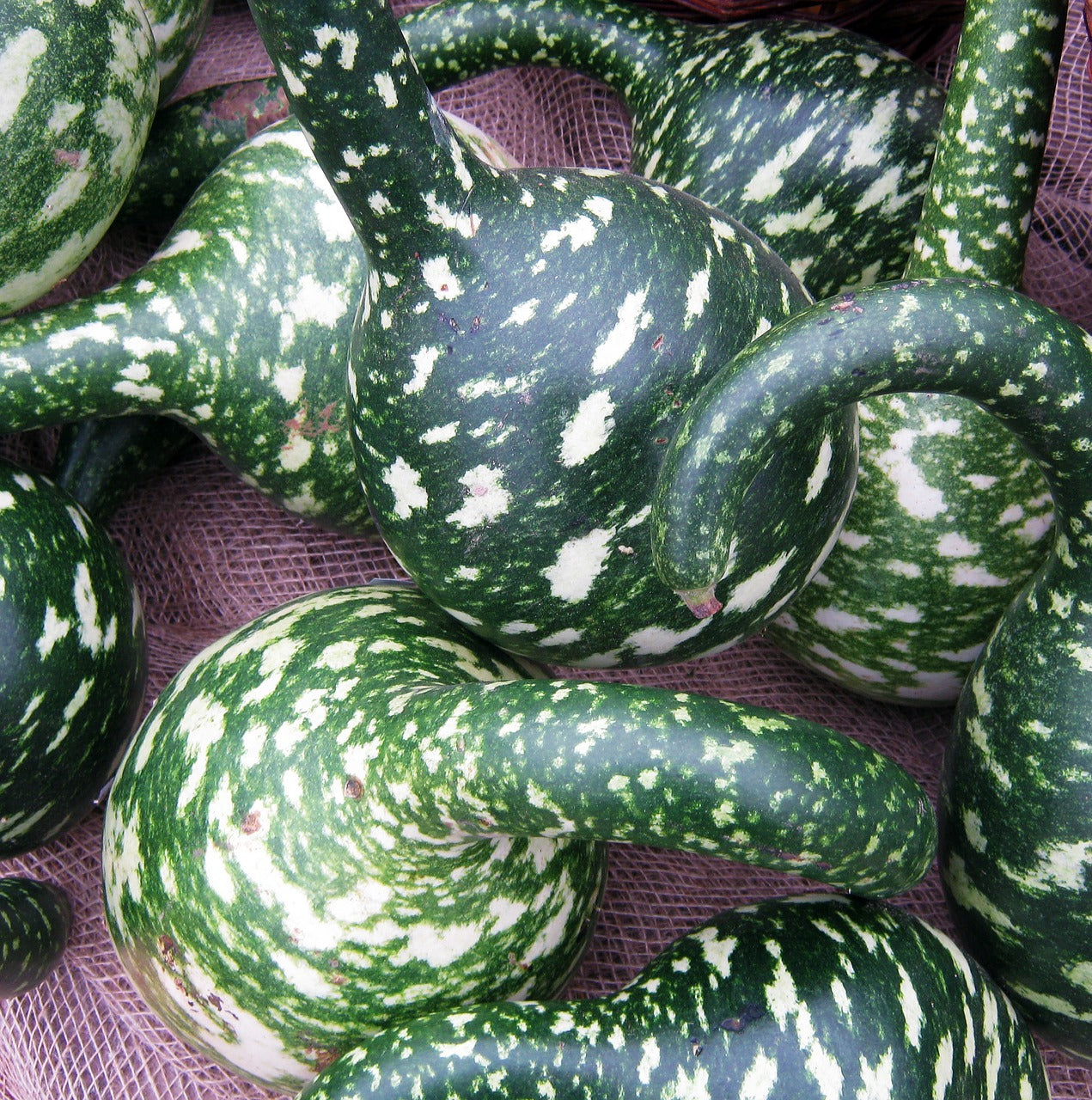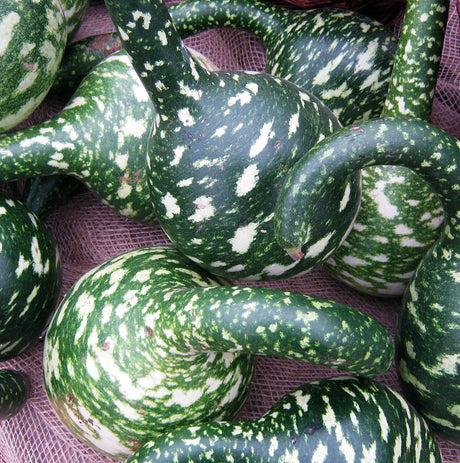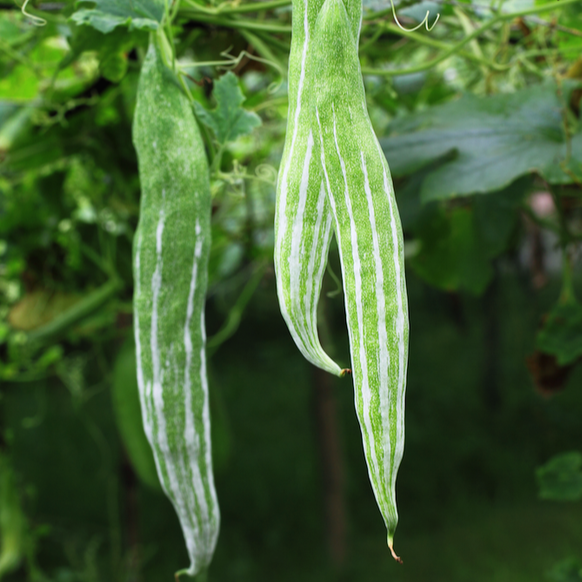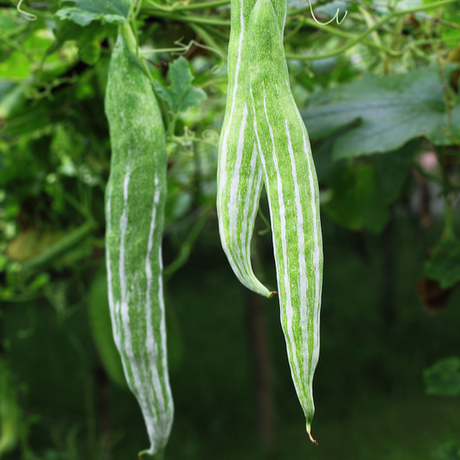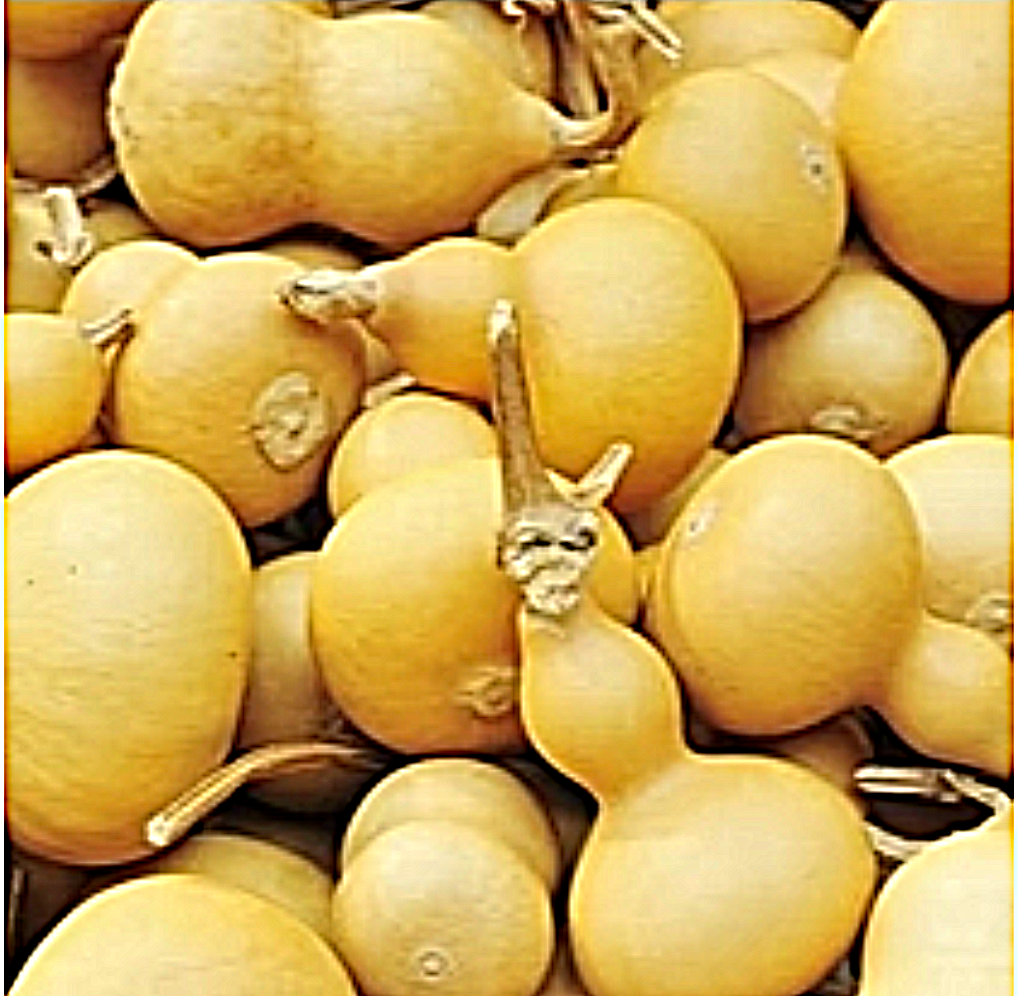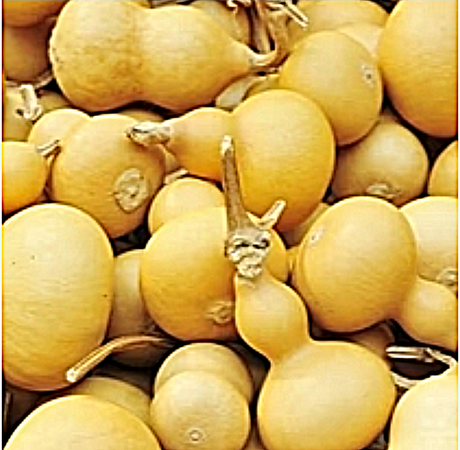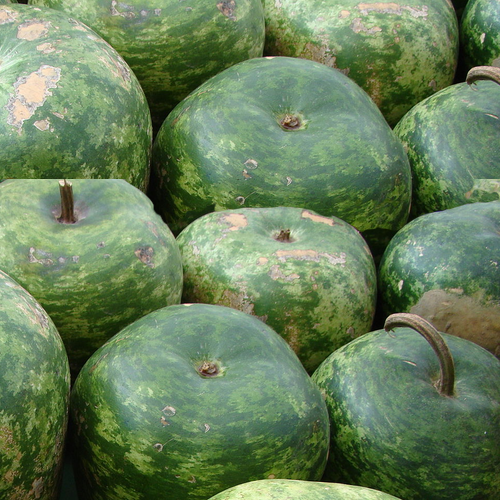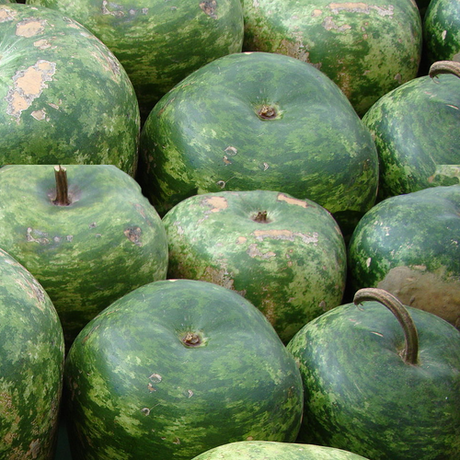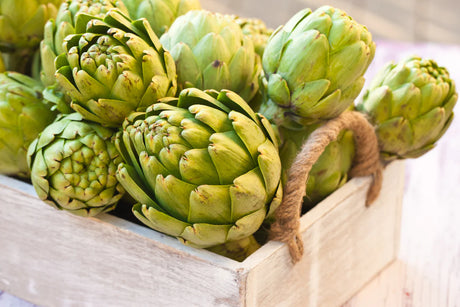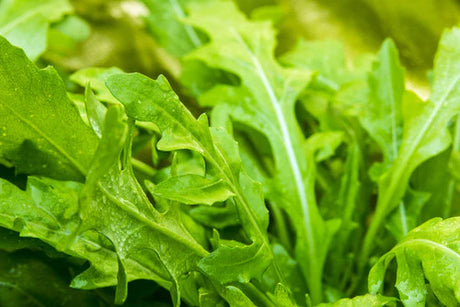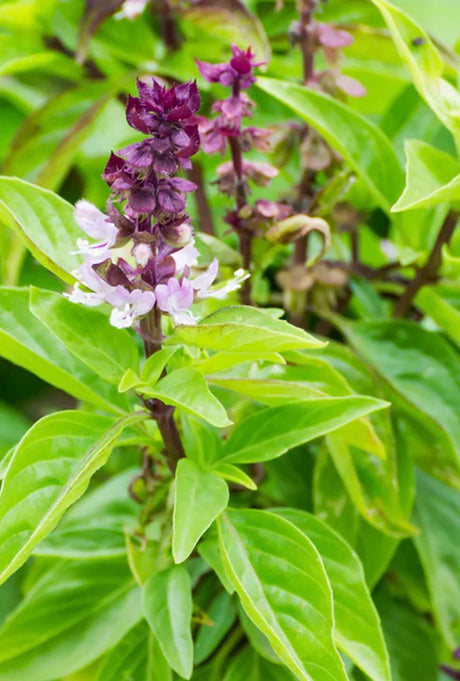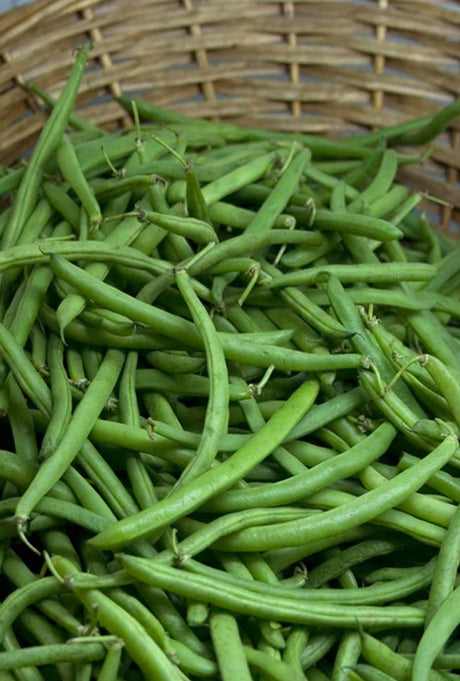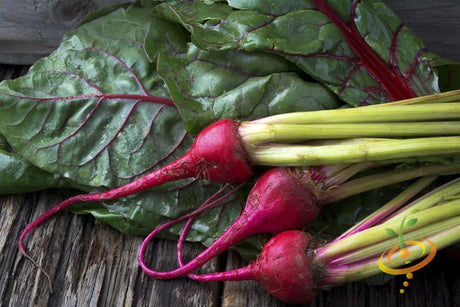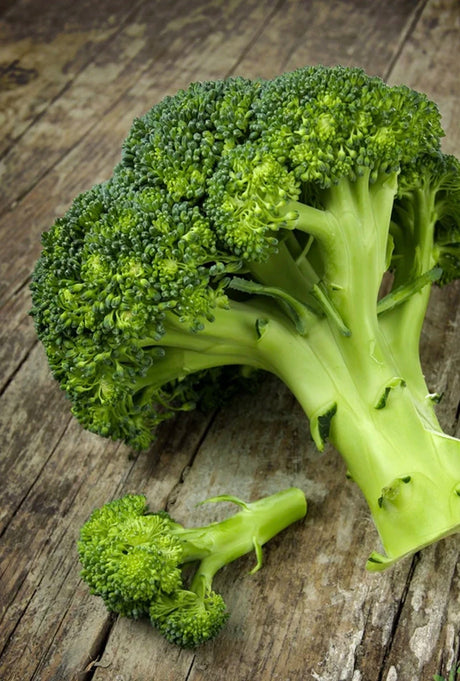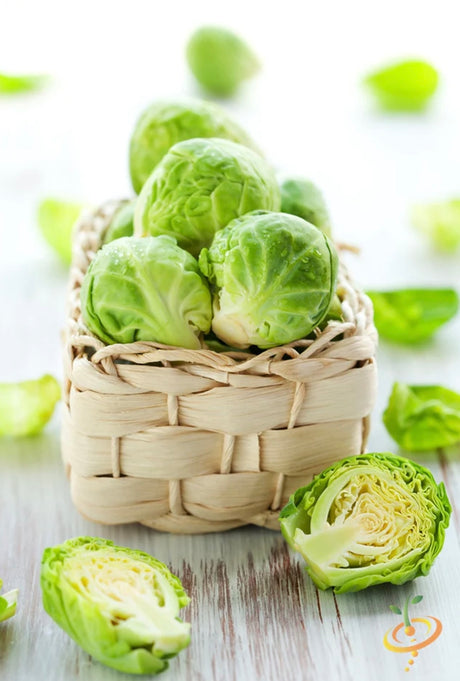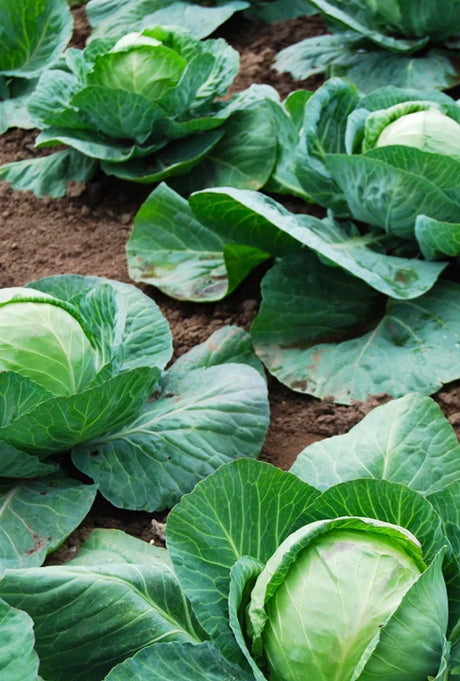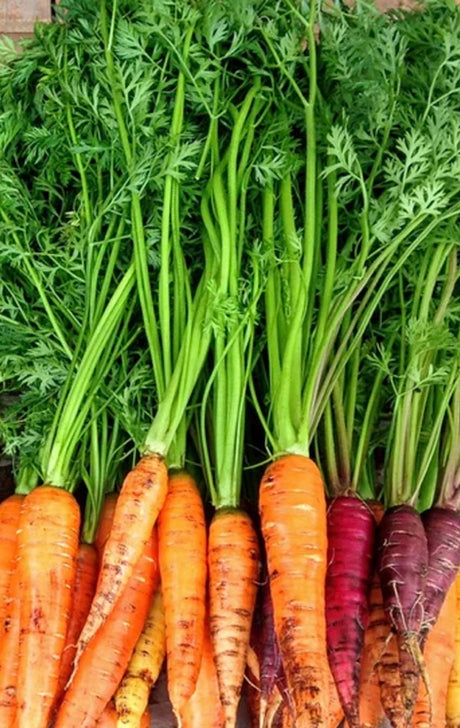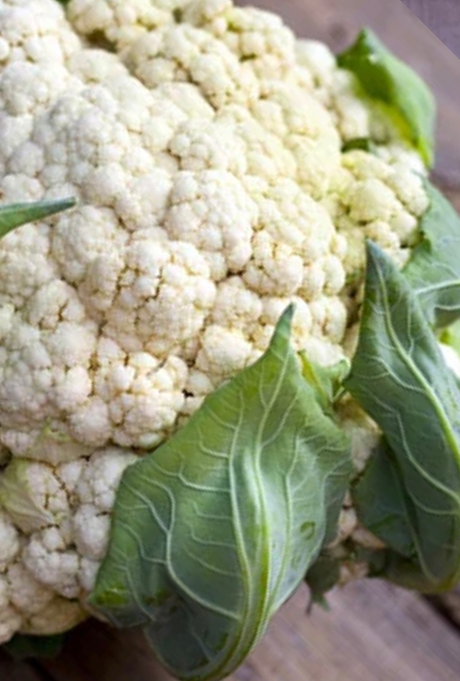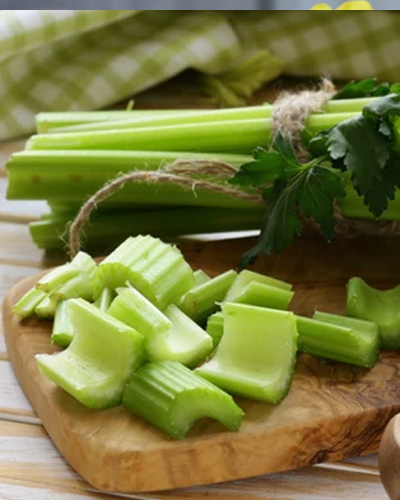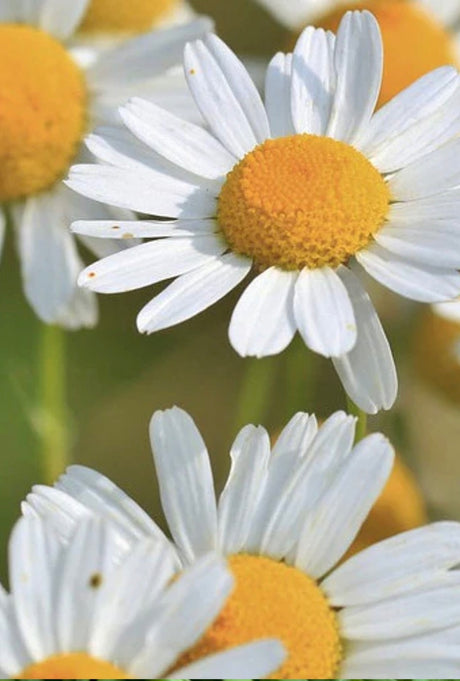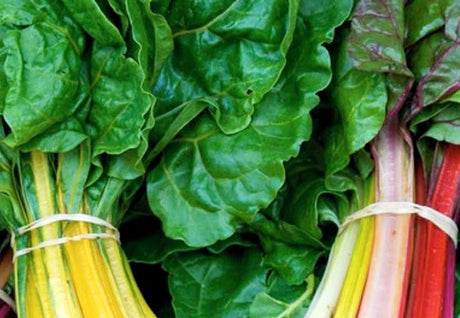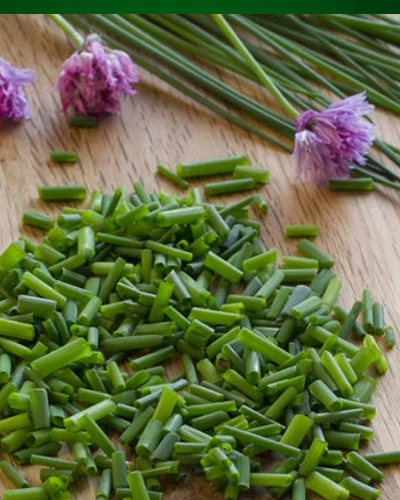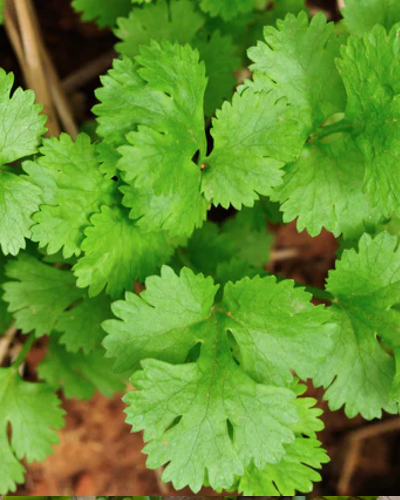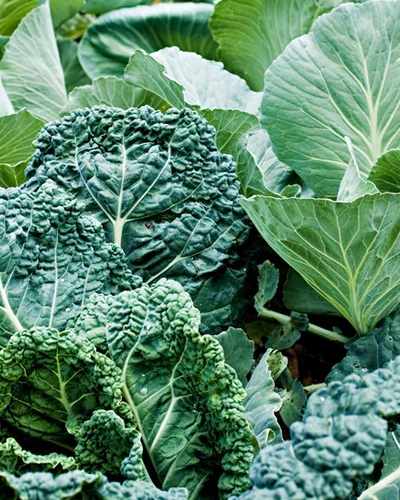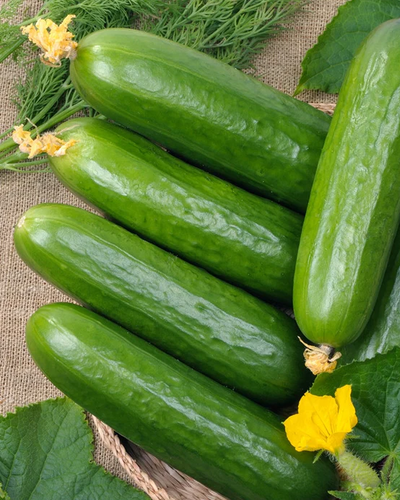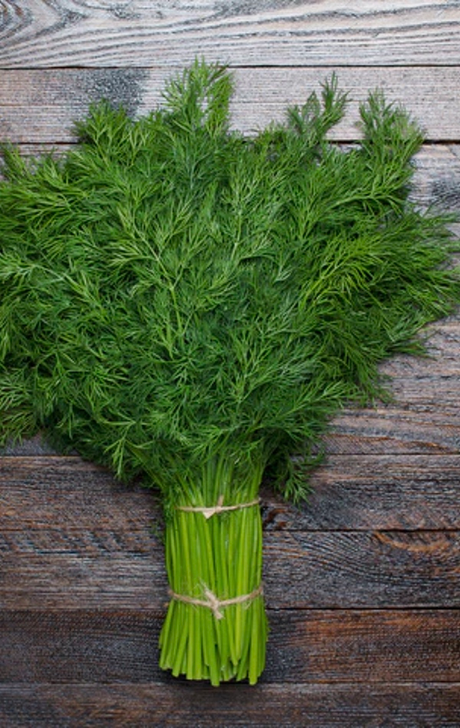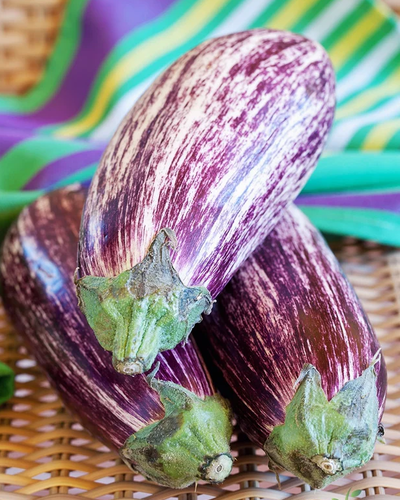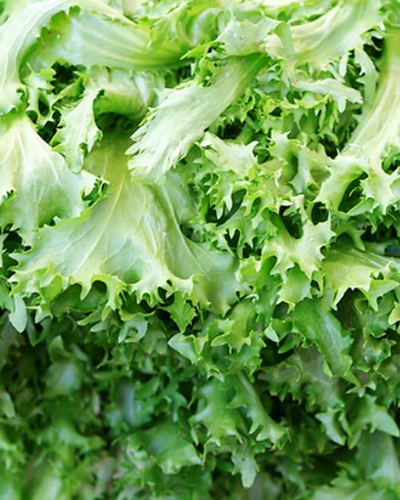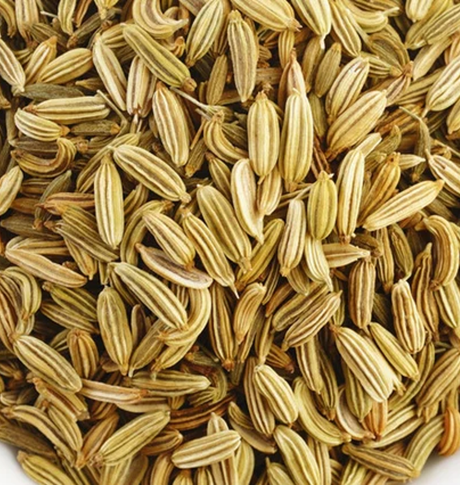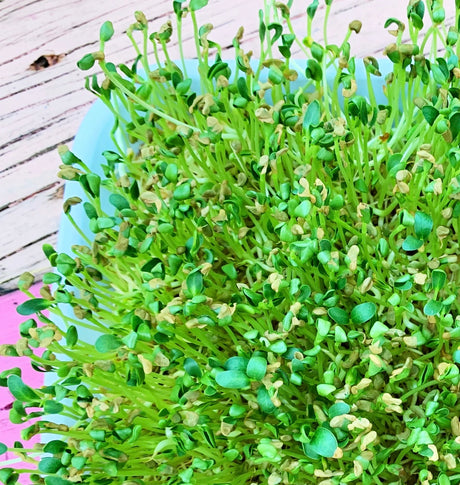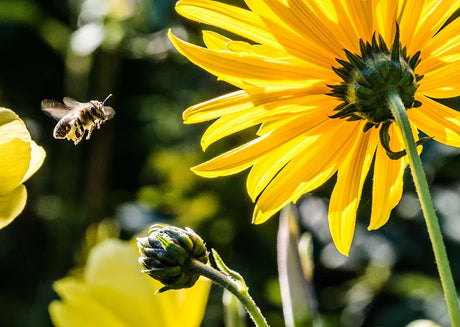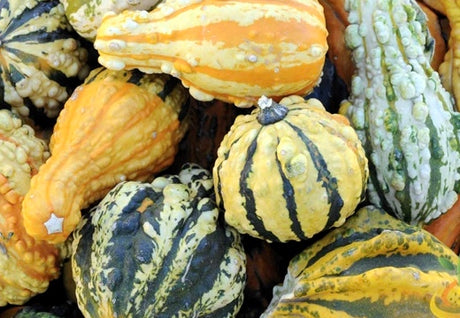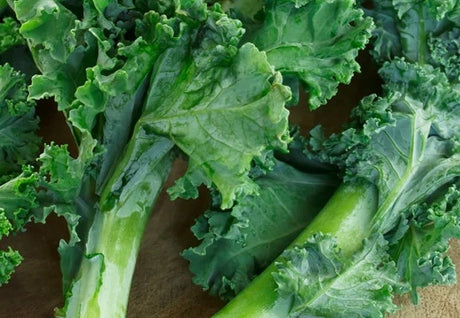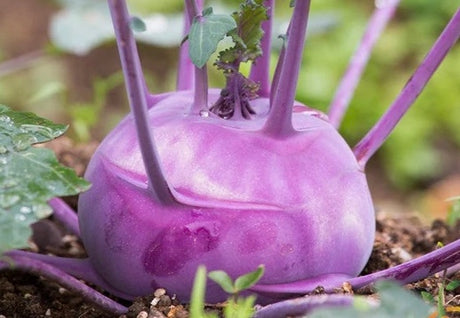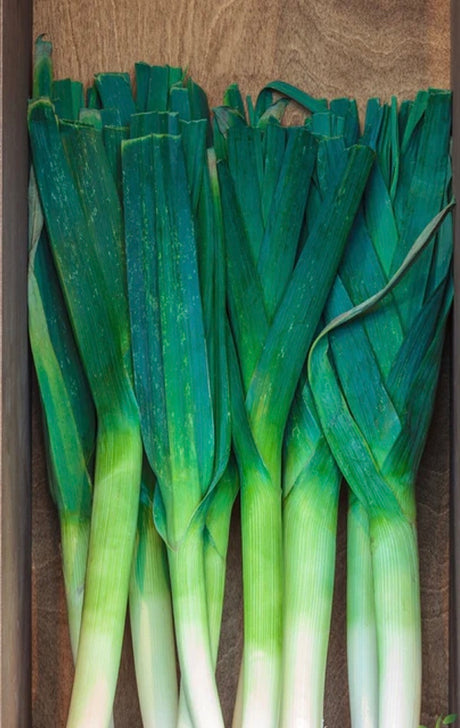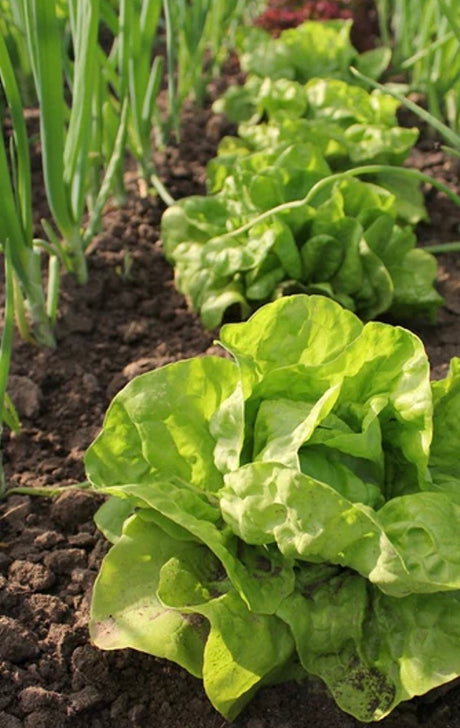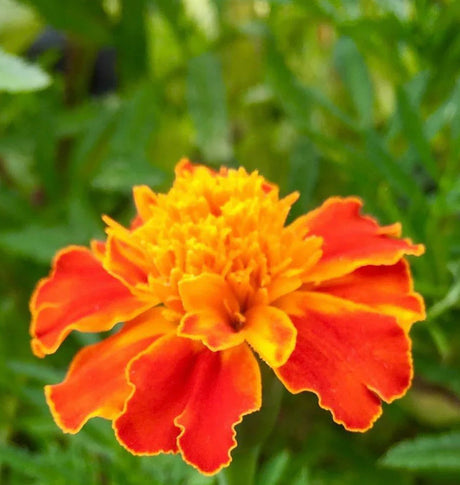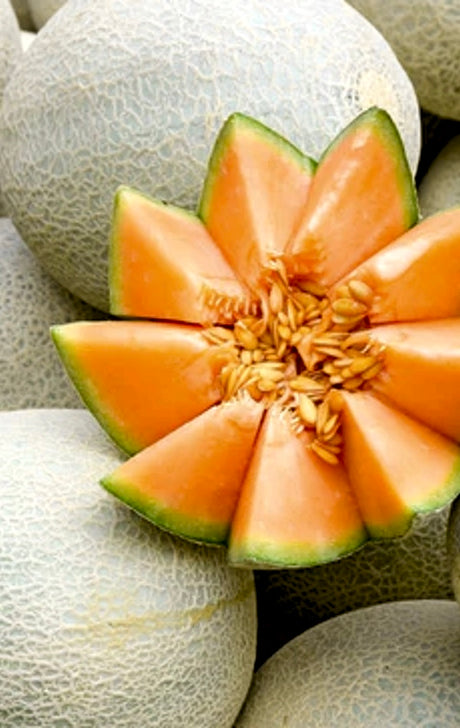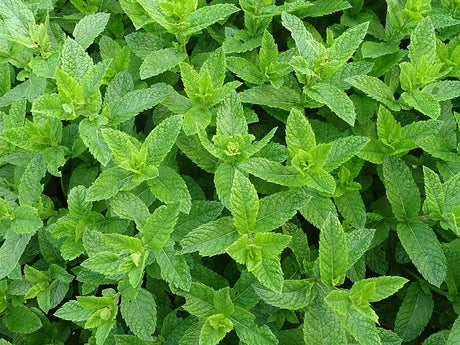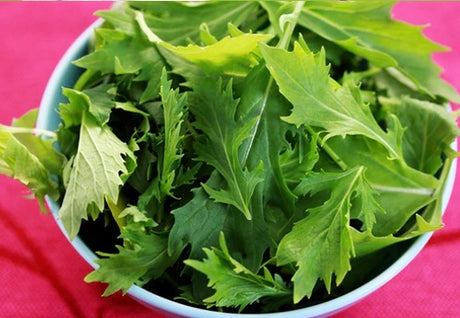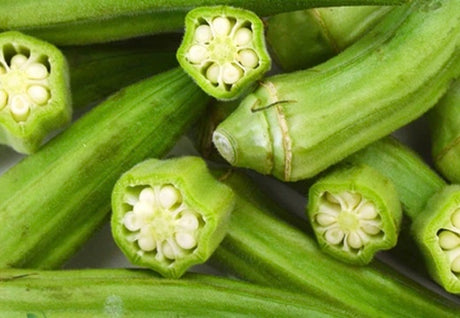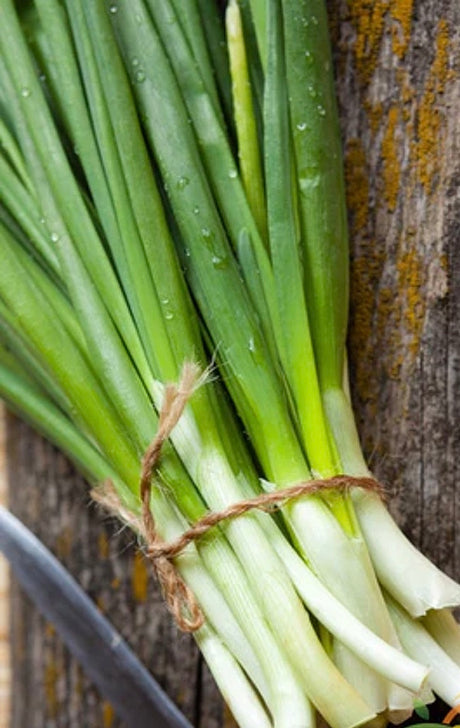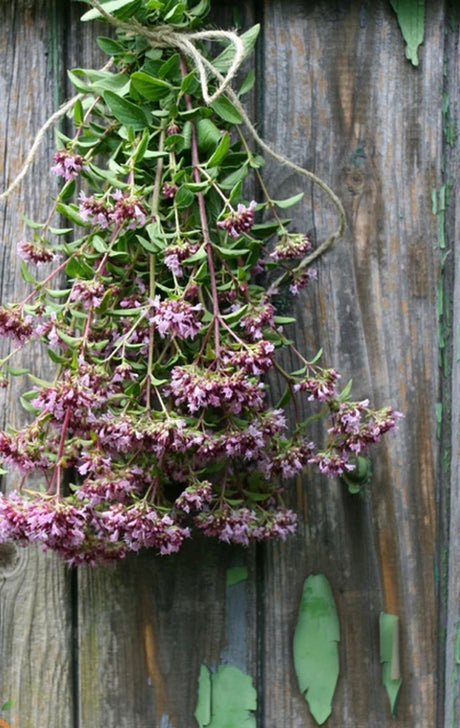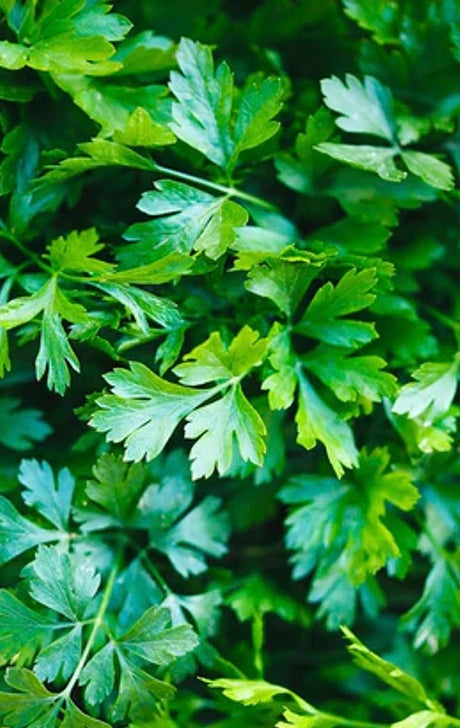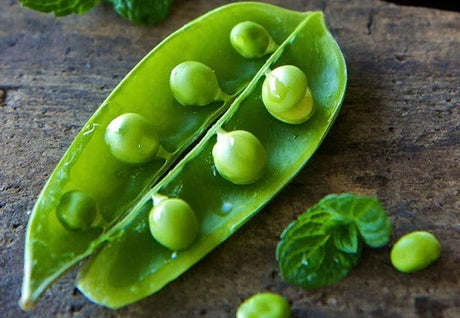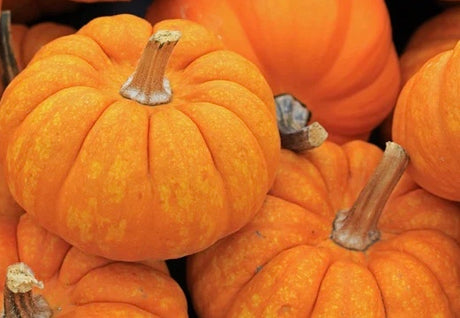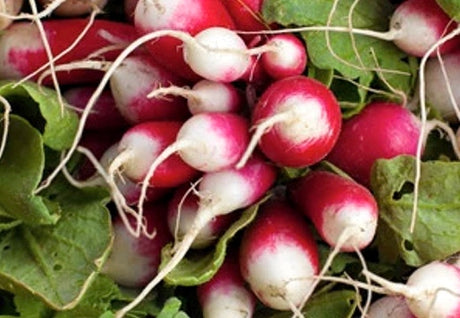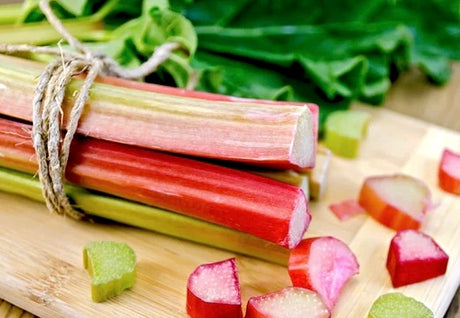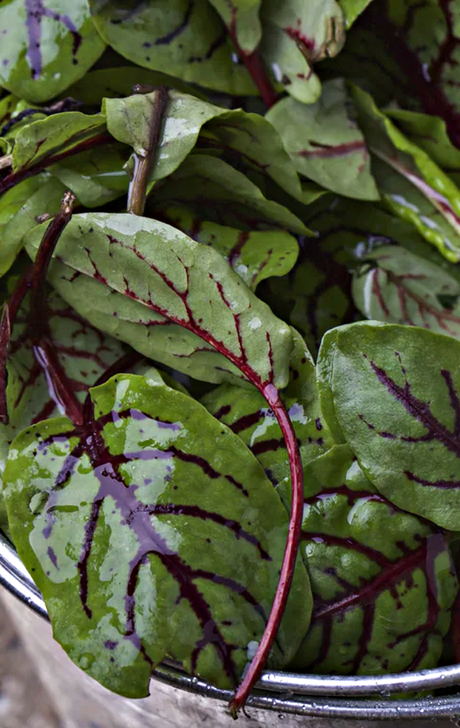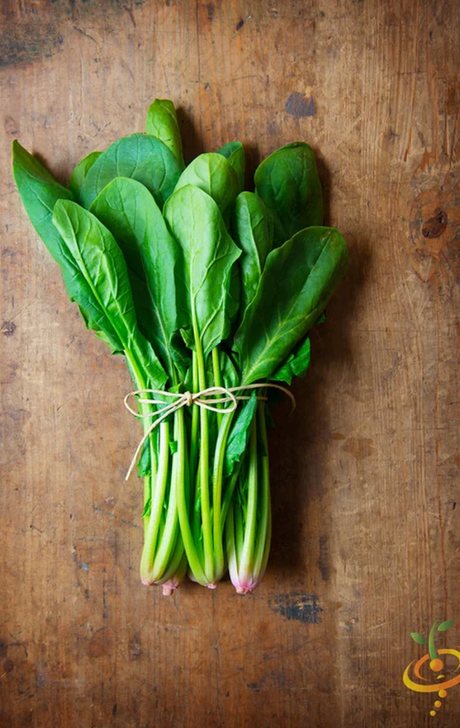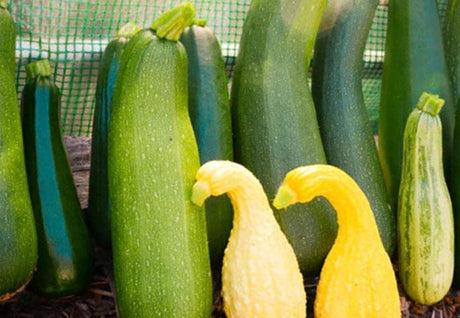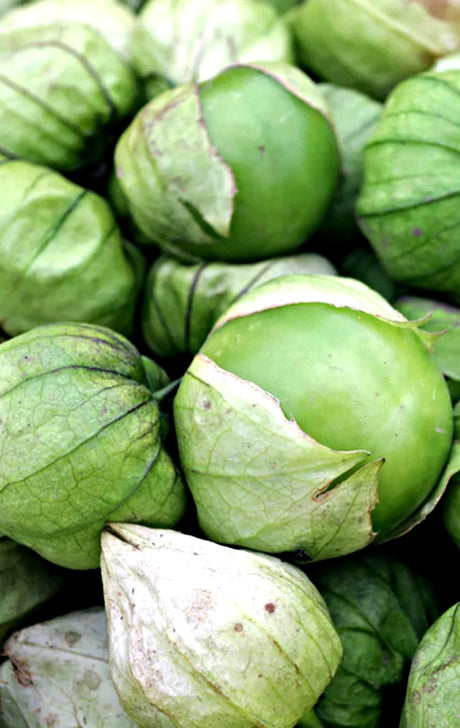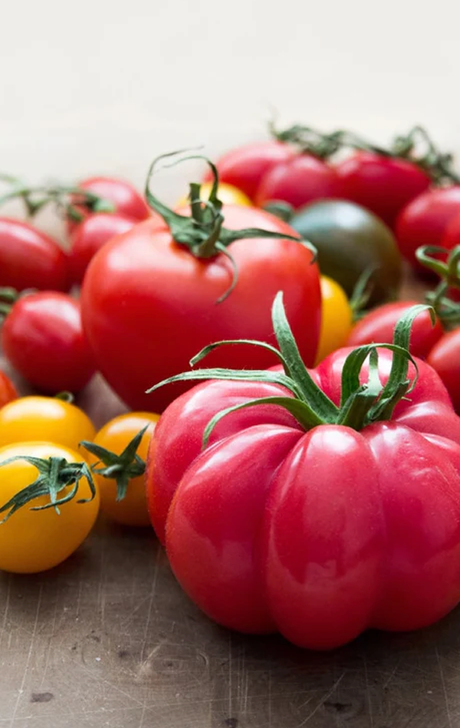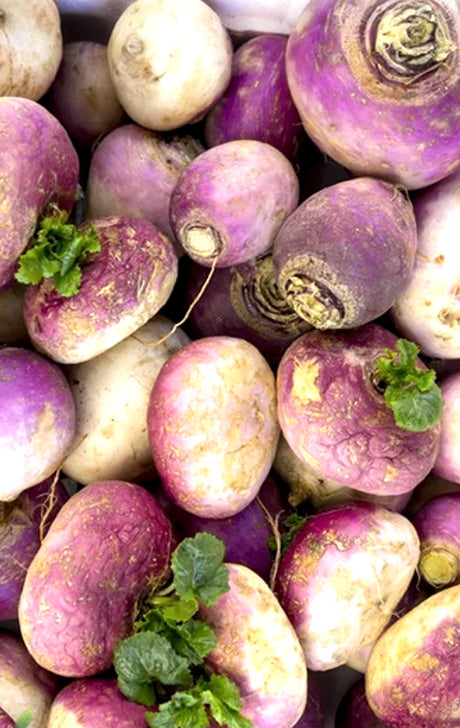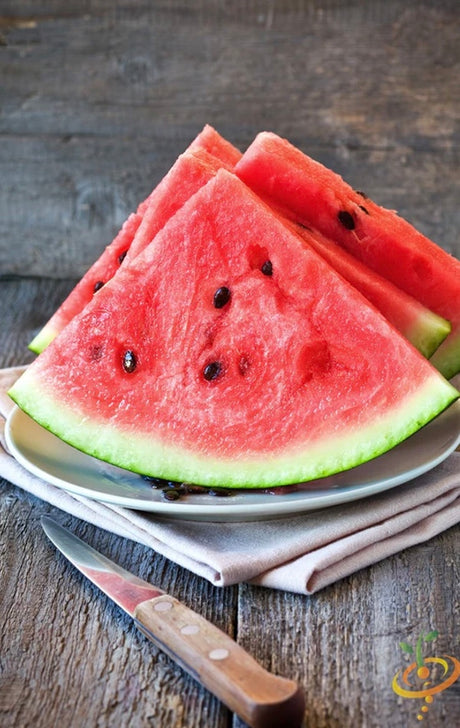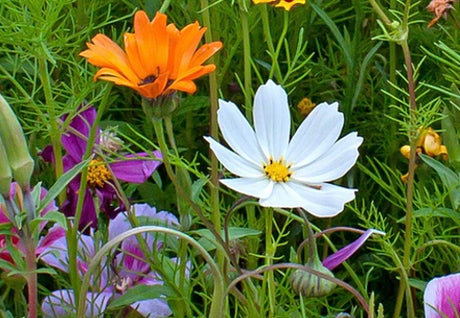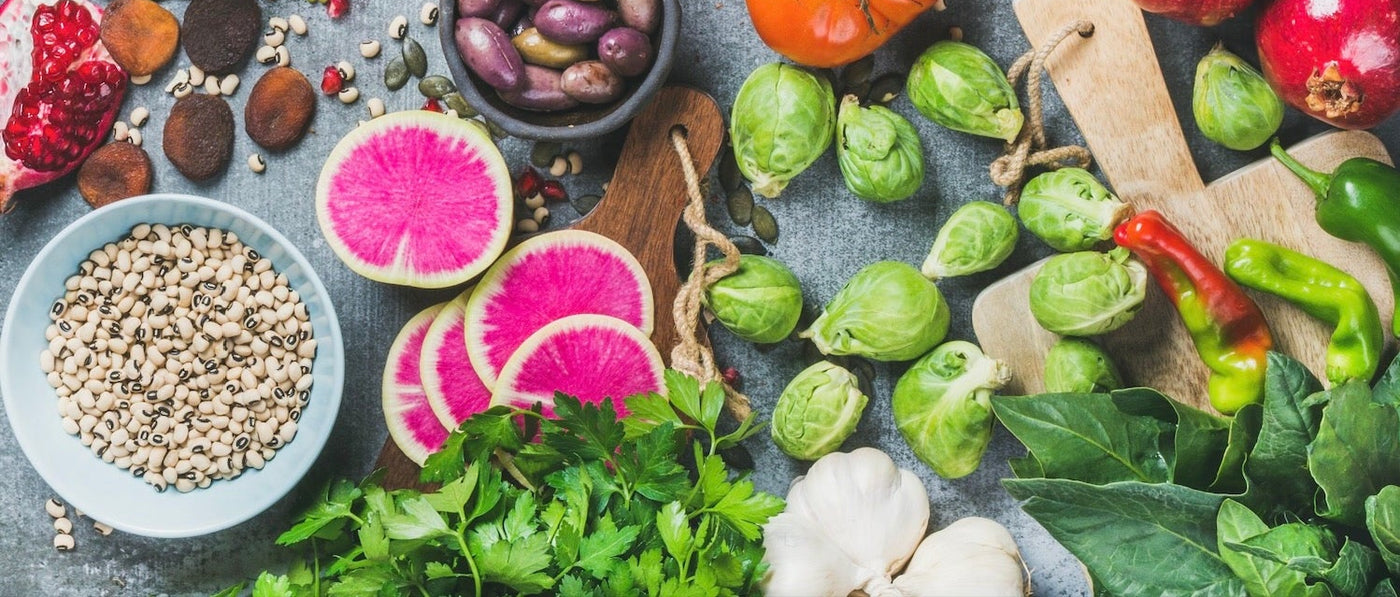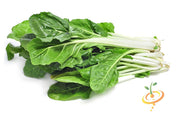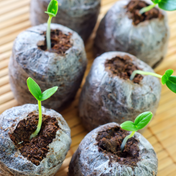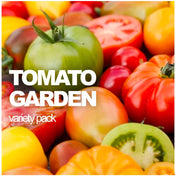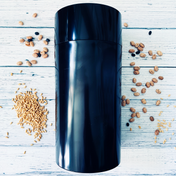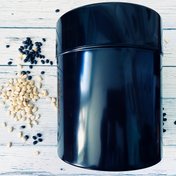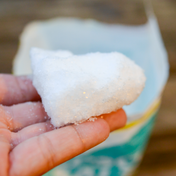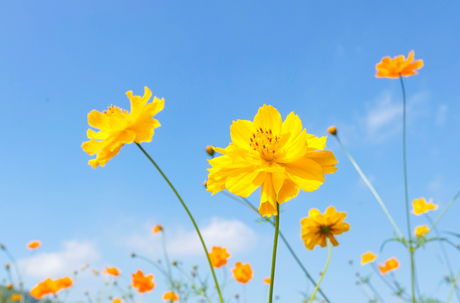- From $299 USDUnit price /Unavailable
Description

- Cucurbita pepo. Plant produces tiny 4" wide orange pumpkins
-
Very attractive and great for Halloween and Thanksgiving decorations
-
Days to Maturity | 100 days
Additional DetailsThe word pumpkin originates from the word pepon, which is Greek for “large melon". The French adapted this word to pompon, which the British changed to pumpion and later American colonists changed that to the word we use today, "pumpkin".
- From $299 USDUnit price /Unavailable
Description
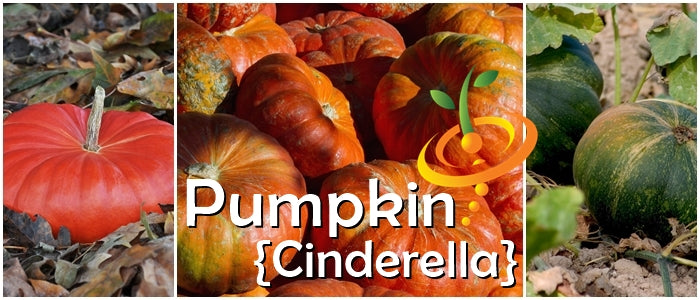
- The Cinderella is an old heirloom from France - looks just like the coach in the Cinderella fairy tale
- Plant produces medium-sized 25 lb. red/orange pumpkins
- This pumpkin has delicious flesh
- Days to Maturity | 100-110 days
Additional DetailsThe word pumpkin originates from the word pepon, which is Greek for “large melon". The French adapted this word to pompon, which the British changed to pumpion and later American colonists changed that to the word we use today, "pumpkin".
- The Cinderella is an old heirloom from France - looks just like the coach in the Cinderella fairy tale
Potato (Mid-Season) - Russet Pioneer (Organic/Heirloom)
From $299 USDUnit price /UnavailableDescription
-
Quick Overview
• Mid Season
• Medium YieldDetails
Mid Season. Blocky russet type. Long oval even tubers. Best ways to cook, roasting, frying, & baking. High yielder. Medium-long storage.
NOTE: We do not use chemicals to prevent our potatoes from sprouting. So the seed potatoes you order may have already begun to sprout when they arrive. This is okay-in fact some consider it desirable.
-
Potato (Late-Season) Fingerling - Red Thumb (Organic/Heirloom)
From $299 USDUnit price /UnavailableDescription

About this variety:
- One of the best tasting of the fingerling potato varieties.
- It has rosy-buff skin with deep yellow flesh (blushed with red).
- Excellent for potato salad.
- Produces lots of medium-sized, well-clustered potatoes.
- Very good roasted over the coals.
- The tubers are long-keeping and the vines are very vigorous.
- Be careful not too overcrowd this variety.
We do not use chemicals to prevent our potatoes from sprouting. So the seed potatoes you order may have already begun to sprout when they arrive. This is okay-in fact some consider it desirable.
- From $198 USDUnit price /Unavailable
Description
Easily identify plantings in seedling trays and bedding flats. The PERFECT seed and plant marker.
• White
• High-grade recycled styrene / Made in the USA
• Water resistant
• Sharpie-approved
- From $249 USD
$299Unit price /UnavailableDescription

The Yolo Wonder Pepper (Capsicum annuum) is related to the California "Cal" Wonder Bell Pepper, but left the Golden State for the hot, dry climate of New Mexico. Like everyone in the family, Yolo is blocky with thick skin, a little bigger and fleshier than Cal at 4"-5", and just as sweet and mild. This beautiful plant produces loads of glossy fruits. Try growing them this year, because you only live once. YOLO!- Heat resistant
- Very high yields
- Juicy and sweet
- Harvest any color
- Recommended by USU
SEED PLANTING TIPS
- Botanical name: Capsicum annuum
- Pepper size: Large/4"-5"
- Plant support: Tomato cage or stake
- Depth to plant seeds: .25" deep
- Spacing between plants: 18"-24" apart
- Spacing between rows: 24"-36" apart
- Days to germinate (sprout): 7-21 days
- Germination soil temps: 75F-85F
- Soil needs: 6.0-7.0 pH
- Sun needs: Full sun
- Frost hardy: No
- Planting season: Spring, summer
- # of plants per sq. ft.: Appx. 1 plant per 2 sq. ft.
- Days to maturity: 70-80 days
Good companion plants: Basil, Carrot, Cucumber, Eggplant, Okra, Rosemary, Sage, Squash, Tomato
All Peppers ⟐ Sweet Peppers 📚 Sweet Peppers Grow Guide Pepper (Sweet) - Purple Beauty
From $199 USDUnit price /UnavailableDescription

When Peter Piper picked a peck of pickled peppers, were they Purple Beauty Peppers? If “a peck” means “a bunch,” it’s possible. This compact plant produces pecks of 3" blocky beauties, with crispy texture and subtle, mild flavor. Fruit ripens from light green to deep plum while immature, to dark red with thick skin when fully ripe. Eat fresh, pickle a peck of them, or sauté with purple beans and watch the colors change as they get piping hot.
- Very high yields
- Mild, subtle flavor
- Harvest any color
- Good for containers
SEED PLANTING TIPS
- Botanical name: Capsicum annuum
- Pepper size: Medium/3" long by 3" wide
- Plant support: Tomato cage or stake
- Depth to plant seeds: .25" deep
- Spacing between plants: 12"-18" apart
- Spacing between rows: 18"-24" apart
- Days to germinate (sprout): 7-21 days
- Germination soil temps: 75F-85F
- Soil needs: 6.0-7.0 pH
- Sun needs: Full sun
- Frost hardy: No
- Planting season: Spring, summer
- # of plants per sq. ft.: Appx. 1 plant per sq. ft.
- Days to maturity: 70-75 days
Good companion plants: Basil, Carrot, Cucumber, Eggplant, Okra, Rosemary, Sage, Squash, Tomato
All Peppers ⟐ Sweet Peppers 📚 Sweet Peppers Grow Guide - From $199 USDUnit price /Unavailable
Description

The Orange King Pepper has a sweet, mild nature, and rules with a lobed hand. Feast your eyes on the pageantry of fruit after fruit ripening from the regal green of a Caesar salad to the majestic orange of a Monarch butterfly. This 4"-6" thick-skinned, blocky baron is resplendent and refreshing in any salad bowl, pickle jar, or roasting pan.
- High yields
- Sweet and mild
- Crunchy and juicy
- Good fresh and cooked
SEED PLANTING TIPS
- Botanical name: Capsicum annuum
- Pepper size: Large/4"-6"
- Plant support: Tomato cage or stake
- Depth to plant seeds: .25" deep
- Spacing between plants: 18"-24" apart
- Spacing between rows: 24"-36" apart
- Days to germinate (sprout): 7-21 days
- Germination soil temps: 75F-85F
- Soil needs: 6.0-7.0 pH
- Sun needs: Full sun
- Frost hardy: No
- Planting season: Spring, summer
- # of plants per sq. ft.: Appx. 1 plant per 2 sq. ft.
- Days to maturity: 85-90 days
Good companion plants: Basil, Carrot, Cucumber, Eggplant, Okra, Rosemary, Sage, Squash, Tomato
- Plant produces good yields of orange colored sweet bell peppers. Peppers have thick walls turn from green to orange when mature. Suitable for home garden and market growers.
All Peppers ⟐ Sweet Peppers 📚 Sweet Peppers Grow Guide - From $299 USDUnit price /Unavailable
Description
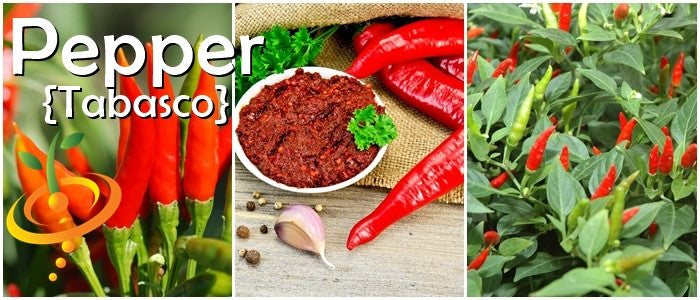
The Tabasco Pepper does not grow in a bottle, nor does it taste like salty vinegar. That’s something they came up with in Louisiana. It’s just a regular hard-working Joe that shows up even on the hottest days, pumping out 1"-2" peppers with tapered tips that point upward, ripening from green to yellow to orange to that famous hot sauce red. Heat tolerant and hardy enough to overwinter in warmer grow zones. With a spiciness similar to a Cayenne Pepper, it adds a distinct, smoky jolt to eggs, chili, stir fry, or salsa.
- High yields
- Heat tolerant
- Harvest any color
- Good for containers
SEED PLANTING TIPS
- Botanical name: Capsicum frutescens
- Pepper length: 1"-2"
- Scoville heat units (SHU): 30,000-50,000/hot
- Plant support: Tomato cage or stake
- Depth to plant seeds: .25" deep
- Spacing between plants: 18"-24" apart
- Spacing between rows: 24"-36" apart
- Days to germinate (sprout): 7-21 days
- Germination soil temps: 75F-85F
- Soil needs: 6.0-7.0 pH
- Sun needs: Full sun
- Frost hardy: No
- Planting season: Spring, summer
- # of plants per sq. ft.: Appx. 1 plant per sq. ft.
- Days to maturity: 80-90 days
All Peppers ⟐ Hot Peppers 📚 Hot Peppers Grow Guide All Peppers ⟐ Hot Peppers 📚 Hot Peppers Grow Guide - From $299 USDUnit price /Unavailable
Description
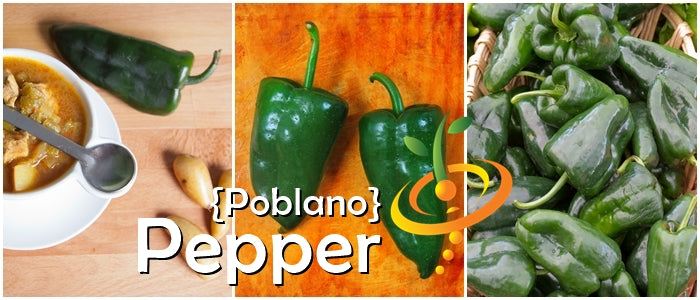
If you’re looking for the Chile Relleno pepper, you’ve found it. Except it goes by the name of Poblano. Prolific plants put out muchos 4"-8" thick-skinned, tapered fruits that start out a deep dark green with mild heat and earthy flavor. That’s when this pepper (chile) is most often roasted, peeled, and stuffed full (relleno) of meat and cheese. Let it ripen on the vine and the color changes to a deep dark brownish-red that’s much spicier. Or dry it, and you’ll have an Ancho pepper to flake or powder. This one will keep your oven busy all summer long.- Very high yields
- Earthy flavor
- Early producer
- Good for containers
SEED PLANTING TIPS
- Botanical name: Capsicum annuum
- Pepper length: 4"-8"
- Scoville heat units (SHU): 500-2,000/mild
- Plant support: Tomato cage or stake
- Depth to plant seeds: .25" deep
- Spacing between plants: 18"-24" apart
- Spacing between rows: 24"-36" apart
- Days to germinate (sprout): 7-21 days
- Germination soil temps: 75F-85F
- Soil needs: 6.0-7.0 pH
- Sun needs: Full sun
- Frost hardy: No
- Planting season: Spring, summer
- # of plants per sq. ft.: Appx. 1 plant per sq. ft.
- Days to maturity: 65-85 days
Good companion plants: Basil, Carrot, Cucumber, Eggplant, Okra, Rosemary, Sage, Squash, Tomato
All Peppers ⟐ Hot Peppers 📚 Hot Peppers Grow Guide Pepper (Hot) - Mushroom, Yellow 🔥
From $299 USDUnit price /UnavailableDescription
The Hot Mushroom Pepper, scientifically known as Capsicum annuum, is a unique variety of chili pepper that is gaining popularity among gardeners and culinary enthusiasts alike. This pepper is characterized by its distinctive mushroom-like shape and vibrant color, which can range from green to red as it ripens. The plant typically reaches a height of 18 to 24 inches and produces fruit that can measure approximately 2 to 3 inches in length.
One of the notable features of the Hot Mushroom Pepper is its heat level, which is measured on the Scoville scale. This pepper generally falls within the range of 1,000 to 5,000 Scoville Heat Units (SHU), making it a moderately spicy option for those who enjoy a bit of heat in their dishes. For comparison, jalapeño peppers typically range from 2,500 to 8,000 SHU, indicating that the Hot Mushroom Pepper can provide a milder kick.
In terms of cultivation, the Hot Mushroom Pepper thrives in warm climates and requires full sun exposure for optimal growth. It is essential to plant these peppers in well-draining soil enriched with organic matter to ensure healthy development. The ideal soil pH for growing Hot Mushroom Peppers is between 6.0 and 6.8. Regular watering is crucial, especially during dry spells, as the plant prefers consistent moisture without becoming waterlogged.
Harvesting the Hot Mushroom Pepper typically occurs around 70 to 80 days after planting, once the fruit has reached its full size and color. It is advisable to use pruning shears or scissors to cut the peppers from the plant to avoid damaging the stems. The harvested peppers can be used fresh in salads, salsas, or cooked dishes, and they can also be dried or pickled for preservation.
In addition to their culinary uses, Hot Mushroom Peppers are also known for their health benefits. They are rich in vitamins A and C, as well as antioxidants, which can contribute to overall health and well-being. The capsaicin found in peppers has been studied for its potential anti-inflammatory properties and its ability to boost metabolism.
In summary, the Hot Mushroom Pepper plant is an excellent addition to any garden, offering both aesthetic appeal and culinary versatility. With proper care and attention, gardeners can enjoy a bountiful harvest of these unique peppers, enhancing their meals while reaping the health benefits associated with their consumption.
SEED PLANTING TIPS
- Botanical name: Capsicum annuum
- Plant support: Tomato cage or stake
- Depth to plant seeds: .25" deep
- Spacing between plants: 18"-24" apart
- Spacing between rows: 24"-36" apart
- Days to germinate (sprout): 7-21 days
- Germination soil temps: 75F-85F
- Soil needs: 6.0-7.0 pH
- Sun needs: Full sun
- Frost hardy: No
- Planting season: Spring, summer
- # of plants per sq. ft.: Appx. 1 plant per sq. ft.
- Days to maturity: 75-85 days
Good companion plants: Basil, Carrot, Cucumber, Eggplant, Okra, Rosemary, Sage, Squash, TomatoAll Peppers ⟐ Hot Peppers 📚 Hot Peppers Grow Guide - From $299 USDUnit price /Unavailable
Description

- The most productive pea variety suitable for warm weather
- Wando peas also tolerates the cold extremely well for early sowing
- Bush variety
-
Days to Maturity | 65 days
Pea Seeds | Peas are a cool season vegetable, and do best in a climate where there are two months of cool growing weather, either spring planting in the northern regions or fall planting in the warmer, southern regions. Plant seeds 4"-6" apart.
Click here for complete Pea grow guide
Additional DetailsPeas are high in vitamin A, vitamin C, B vitamins and lutein. Dry weight is about one-quarter protein and one-quarter sugar.
- The most productive pea variety suitable for warm weather
- From $199 USDUnit price /Unavailable
Description

- This is the most popular large-pod garden shelling pea
- Each plants produce 4"-5" pods with 6-9 large green peas inside
- It is an early producer. Does not require staking
- Easy to grow
- Great flavor and excellent quality
- Days to Maturity | 55 days
Additional DetailsPeas are high in vitamin A, vitamin C, B vitamins and lutein. Dry weight is about one-quarter protein and one-quarter sugar.
- This is the most popular large-pod garden shelling pea
- From $299 USDUnit price /Unavailable
Description

- Compact, 18 to 20 inch plant requires staking and should utilize a trellis
- Fine, sweet flavor when picked young
- Pods are 3 inches with 5 or 6 peas
- Easy to grow
- Days to Maturity | 60 days
- Peas are a cool season vegetable, and do best in a climate where there are two months of cool growing weather, either spring planting in the northern regions or fall planting in the warmer, southern regions. Plant seeds 4"-6" apart.
Click here for complete Pea grow guide
Additional DetailsPeas are high in vitamin A, vitamin C, B vitamins and lutein. Dry weight is about one-quarter protein and one-quarter sugar.
- From $299 USDUnit price /Unavailable
Description

- This variety has unusually large, thick pods that grow up to 5" long
- Medium green, flat pods are very tender and have a mild, sweet flavor that holds well into the season
- Vines grow 30-36 inches tall and are heavy producers making this variety one of the best producing snow peas available
- Shows resistance to common wilt, mosaic virus, and powdery mildew
-
Days to Maturity | 70 days
Peas are a cool season vegetable, and do best in a climate where there are two months of cool growing weather, either spring planting in the northern regions or fall planting in the warmer, southern regions. Plant seeds 4"-6" apart.
Click here for complete Pea grow guide
Additional Details
Peas are high in vitamin A, vitamin C, B vitamins and lutein. Dry weight is about one-quarter protein and one-quarter sugar.
- This variety has unusually large, thick pods that grow up to 5" long
- From $299 USDUnit price /Unavailable
Description

- The snap pea may be planted in spring as early as the soil can be worked
- Tolerates light frost when young
- High tolerance of hot temperatures
- Grow as a vine and requires a trellis or anything else the can climb along
-
Days to Maturity | 60 days
Pea Seeds | Peas are a cool season vegetable, and do best in a climate where there are two months of cool growing weather, either spring planting in the northern regions or fall planting in the warmer, southern regions. Plant seeds 4"-6" apart.
Click here for complete Pea grow guide
Additional DetailsPeas are high in vitamin A, vitamin C, B vitamins and lutein. Dry weight is about one-quarter protein and one-quarter sugar.
Follow SeedsNow.com's board Peas on Pinterest. - The snap pea may be planted in spring as early as the soil can be worked
- From $199 USDUnit price /Unavailable
Description

-
The Cascadia snap pea plant produces 4" long delicious snap peas
- Very flavorful
- Excellent for stir fry
- Plant Height: 32" tall
-
Days to Maturity | 65 days
Pea Seeds | Peas are a cool season vegetable, and do best in a climate where there are two months of cool growing weather, either spring planting in the northern regions or fall planting in the warmer, southern regions. Plant seeds 4"-6" apart.
Click here for complete Pea grow guide
Additional DetailsPeas are high in vitamin A, vitamin C, B vitamins and lutein. Dry weight is about one-quarter protein and one-quarter sugar.
Follow SeedsNow.com's board Peas on Pinterest. -
The Cascadia snap pea plant produces 4" long delicious snap peas
- From $299 USDUnit price /Unavailable
Description
The Hollow Crown Parsnip (Pastinaca sativa) has a 100-year history as a delicious, hardy, versatile root vegetable. This relative to Carrots grows to 10"-12" with a smooth, white, tender root. Eaten raw, it’s nutty and sweet, turning buttery and slightly spicy when cooked. Hardy to frosts and freezes, which sweetens the flavor. Try them roasted or puréed and topped with Parmesan cheese.
- Sweet, nutty flavor
- Tender and buttery
- Sweeter after a frost
- Good fresh and cooked
Good companion plants: Anise, Bush Bean, Garlic, Lettuce, Onion, Oregano, Pea, Radish, Rosemary, Sage, Tomato, Wormwood
SEED PLANTING TIPS
- Botanical name: Pastinaca sativa
- Depth to plant seeds: 1/4" deep
- Spacing between plants: 2"-3" apart
- Spacing between rows: 18"-24" apart
- Days to germinate (sprout): 10-28 days
- Germination soil temps: 50F-75F
- Soil needs: 6.0-7.0 pH
- Sun needs: Full sun, part shade
- Frost tolerant: Yes
- Planting season: Spring, fall
- # of plants per sq. ft.: Appx. 9 plants per sq. ft.
- Days to maturity: 100-120 days
Onion - Lisbon, White (Bunching)
From $299 USDUnit price /UnavailableDescription

-
White Lisbon is a very popular type of bunching onion
- Dark green leaves with long white stalks
- Stores well after harvest
- Excellent for many culinary creations
- A hot and cold resistant variety
- This variety is usually planted in the spring but it's also a great fall/winter crop as well
- Grows well in containers and small spaces
- Easy to grow
-
Days to Maturity | 65 days
Onion Seeds | Onions are easy to grow, have a fairly short growing period and take up little space in the garden. Plant onions 1/4 inch deep and 3 to 4 inches apart in double rows, leaving 6 to 10 inches between rows.
Click here for complete Onion grow guide
-
White Lisbon is a very popular type of bunching onion
Onion - Crimson Forest (Bunching)
From $299 USDUnit price /UnavailableDescription

-
Crimson Forest is a rare heirloom
- Dark red, burgundy, and purple colors
- Excellent for many culinary creations
- Grows well in containers and small spaces
- Easy to grow
-
Days to Maturity | 60 days
Onion Seeds | Onions are easy to grow, have a fairly short growing period and take up little space in the garden. Plant onions 1/4 inch deep and 3 to 4 inches apart in double rows, leaving 6 to 10 inches between rows.
Click here for complete Onion grow guide
-
Crimson Forest is a rare heirloom
Onion (Transplants) - Rock, Red (Intermediate Day)
From $199 USDUnit price /UnavailableDescription
Quick Overview
How to Plant Bulb OnionsRed rock is a beautiful red heirloom intermediate day onion. It has a consistent red color throughout, with a medium-to-large bulb size that is slightly flat on top.
• Intermediate Day
• Organic
• Heirloom
• Crisp, mild flavor
Onion bulbs are quite hardy and can withstand 20° F frost. They should be set out 4-6 weeks prior to the last expected frost. When your plants arrive they should appear to be quite dry. DO NOT WET THEM NOR STICK THEIR ROOTS IN WATER. Unpack them and store them in a cool, dry place until it is time to plant. They should last about 3 weeks kept this way. Do not worry that your plants seem dry. They will "shoot" new roots and new, green tops as soon as they are planted.
Onion (Transplants) - OG WALLA WALLA (Long Day)
From $199 USDUnit price /UnavailableDescription
Quick Overview
ORGANIC For generations this variety has been the pride of Washington State's onion producing region. This famous Northwest gourmet sweet onion can be grown from seed. In long and intermediate day areas where temperatures do not drop below -10 degrees. They can be planted between August 15th and September 1st and overwintered under a light mulch for harvest the following late June or early July. For colder areas it's best to raise seedlings and set out transplants in early to mid April. Not a storage onion.How to Plant Bulb Onions
Onion bulbs are quite hardy and can withstand 20° F frost. They should be set out 4-6 weeks prior to the last expected frost. When your plants arrive they should appear to be quite dry. DO NOT WET THEM NOR STICK THEIR ROOTS IN WATER. Unpack them and store them in a cool, dry place until it is time to plant. They should last about 3 weeks kept this way. Do not worry that your plants seem dry. They will "shoot" new roots and new, green tops as soon as they are planted. Be sure to specify on your order when you want your plants to arrive.
Onion (Transplants) - OG Sweet Spanish, Yellow (Long Day)
From $199 USDUnit price /UnavailableDescription
Quick Overview
How to Plant Bulb OnionsAn extremely long storing yellow onion. Larger size than most, better uniformity, and higher yield potential. Medium-large, blocky bulbs with dark yellow skin and thin necks that dry quickly. ORGANIC
• Long day• Keeps well when stored
• Great flavor and beautiful color
Onion bulbs are quite hardy and can withstand 20° F frost. They should be set out 4-6 weeks prior to the last expected frost. When your plants arrive they should appear to be quite dry. DO NOT WET THEM NOR STICK THEIR ROOTS IN WATER. Unpack them and store them in a cool, dry place until it is time to plant. They should last about 3 weeks kept this way. Do not worry that your plants seem dry. They will "shoot" new roots and new, green tops as soon as they are planted.
Onion (Transplants) - OG Ruby Red (Long Day)
From $199 USDUnit price /UnavailableDescription
Quick Overview
A long day variety that is small and flat with a ruby red skin. An excellent, unique flavor that can be added to any dish. Sure to be your new favorite! ORGANICHow to Plant Bulb Onions
Onion bulbs are quite hardy and can withstand 20° F frost. They should be set out 4-6 weeks prior to the last expected frost. When your plants arrive they should appear to be quite dry. DO NOT WET THEM NOR STICK THEIR ROOTS IN WATER. Unpack them and store them in a cool, dry place until it is time to plant. They should last about 3 weeks kept this way. Do not worry that your plants seem dry. They will "shoot" new roots and new, green tops as soon as they are planted. Be sure to specify on your order when you want your plants to arrive.
Onion (Transplants) - OG Borettana Cipollini (Long Day)
From $199 USDUnit price /UnavailableDescription
Quick Overview
A great storage onion that has made the Italian onions famous. A long day variety that is small and flat with a yellow-brown skin. An excellent, unique flavor that can be added to any dish. ORGANICHow to Plant Bulb Onions
Onion bulbs are quite hardy and can withstand 20° F frost. They should be set out 4-6 weeks prior to the last expected frost. When your plants arrive they should appear to be quite dry. DO NOT WET THEM NOR STICK THEIR ROOTS IN WATER. Unpack them and store them in a cool, dry place until it is time to plant. They should last about 3 weeks kept this way. Do not worry that your plants seem dry. They will "shoot" new roots and new, green tops as soon as they are planted. Be sure to specify on your order when you want your plants to arrive.
Onion (Transplants) - OG Blanco Duro (Long Day)
From $199 USDUnit price /UnavailableDescription
Quick Overview
Blanco Duro is a medium sized onion with pungent firm flesh. Good storage onion and tolerant to pink root disease.How to Plant Bulb Onions
Onion bulbs are quite hardy and can withstand 20° F frost. They should be set out 4-6 weeks prior to the last expected frost. When your plants arrive they should appear to be quite dry. DO NOT WET THEM NOR STICK THEIR ROOTS IN WATER. Unpack them and store them in a cool, dry place until it is time to plant. They should last about 3 weeks kept this way. Do not worry that your plants seem dry. They will "shoot" new roots and new, green tops as soon as they are planted. Be sure to specify on your order when you want your plants to arrive.
Onion (Transplants) - Grano, White (Short Day)
From $199 USDUnit price /UnavailableDescription
Quick Overview
How to Plant Bulb OnionsA beautiful white heirloom short day onion. It has a mild and crisp flavor,great to liven up any dish! This also is a favorite canning and matures in approx. 110 days.
• Short Day
• Organic
• Heirloom
• Crisp, mild flavor
Onion bulbs are quite hardy and can withstand 20° F frost. They should be set out 4-6 weeks prior to the last expected frost. When your plants arrive they should appear to be quite dry. DO NOT WET THEM NOR STICK THEIR ROOTS IN WATER. Unpack them and store them in a cool, dry place until it is time to plant. They should last about 3 weeks kept this way. Do not worry that your plants seem dry. They will "shoot" new roots and new, green tops as soon as they are planted.
Onion (Sets) - Wethersfield, Red
From $299 USDUnit price /UnavailableDescription

Quick Overview
Large globe with very thin, reddish-purple colored skin.
The white flesh is very firm and tinged with pink or purple highlights.
Fine strong flavor, vigorous.They are technically long day onions. However, they can be grown anywhere, down south they will be more grown like big scallions.
How to Plant Bulb Onions
Onion bulbs are quite hardy and can withstand 20° F frost. They should be set out 4-6 weeks prior to the last expected frost. When your plants arrive they should appear to be quite dry. DO NOT WET THEM NOR STICK THEIR ROOTS IN WATER. Unpack them and store them in a cool, dry place until it is time to plant. They should last about 3 weeks kept this way. Do not worry that your plants seem dry. They will "shoot" new roots and new, green tops as soon as they are planted.- From $299 USDUnit price /Unavailable
Description

Quick Overview
Bronze yellow skin, mild, and sweet. Plant them close together if you want fast growing scallions.They are technically long day onions. However, they can be grown anywhere, down south they will be more grown like big scallions.
How to Plant Bulb Onions
Onion bulbs are quite hardy and can withstand 20° F frost. They should be set out 4-6 weeks prior to the last expected frost. When your plants arrive they should appear to be quite dry. DO NOT WET THEM NOR STICK THEIR ROOTS IN WATER. Unpack them and store them in a cool, dry place until it is time to plant. They should last about 3 weeks kept this way. Do not worry that your plants seem dry. They will "shoot" new roots and new, green tops as soon as they are planted. Onion (Sets) - Ebenezer, White
From $299 USDUnit price /UnavailableDescription

Quick Overview
Medium sized, flat, onion with thin, unnoticeable translucent white skin with less waste when prepared. Fine, grained flesh, popular for pickling. Excellent keeper.
They are technically long day onions. However, they can be grown anywhere, down south they will be more grown like big scallions.
How to Plant Bulb Onions
Onion bulbs are quite hardy and can withstand 20° F frost. They should be set out 4-6 weeks prior to the last expected frost. When your plants arrive they should appear to be quite dry. DO NOT WET THEM NOR STICK THEIR ROOTS IN WATER. Unpack them and store them in a cool, dry place until it is time to plant. They should last about 3 weeks kept this way. Do not worry that your plants seem dry. They will "shoot" new roots and new, green tops as soon as they are planted.
- From $199 USDUnit price /Unavailable
Description
- Includes a set of three (3) Mylar bags.
- Size: 6.0" x 8.0"
- Preserve seeds for long-term storage.
- Metalized 2.2 mil provides two layers of protection from moisture and light.
- Zipper-top closure and bottom fold.
- Resealable.
- Freezer safe.
- From $299 USDUnit price /Unavailable
Description
Mugwort, Herb
- 85 days.
- Artemisia vulgaris.
- Perennial.
- Plant produces beautiful fragrant leaves.
- Used to make tea to treat menstrual and menopausal problem.
- Stimulates and improves memory.
- Easy to grow.
- From $299 USDUnit price /Unavailable
Description

-
Produces excellent yields of 18" long yellow melons.
- The orange flesh is extremely tender and juicy
- Has a banana flavor
-
Days to Maturity | 90 days
-
Melon Seeds | Because of the long growing season, start plants indoors 4 to 5 weeks before outdoor planting time. Direct sow 4-5 seeds in a hill and then thin to the appropriate spacing.
Click here for complete Melon grow guide
-
Produces excellent yields of 18" long yellow melons.
- From $199 USDUnit price /Unavailable
Description

-
The Amarillo Oro plant produces good yields of large 15 lb. golden yellow oblong melons. A pre-1870 heirloom variety from Europe
- White flesh with sweet flavor
- Grows well in the winter
- Suitable for home gardens and market growers
-
Days to Maturity | 90 days
-
Melon Seeds | Because of the long growing season, start plants indoors 4 to 5 weeks before outdoor planting time. Direct sow 4-5 seeds in a hill and then thin to the appropriate spacing.
Click here for complete Melon grow guide
-
The Amarillo Oro plant produces good yields of large 15 lb. golden yellow oblong melons. A pre-1870 heirloom variety from Europe
Lupine, Texas Bluebonnet Flowers
From $299 USDUnit price /UnavailableDescription
The Texas Bluebonnet Lupine (Lupinus texensis) is so named because the blossoms resemble the bonnets worn by pioneer women. This low-growing annual is in the legume family, so it fixes nitrogen in the soil and is a great companion plant or cover crop for the vegetable garden. Produces upright spikes of pea-sized blossoms in rich blue with white tips, but can also pop up in shades of white, pink, purple, and maroon (“Aggiebonnet”). Grows 1'-1.5' tall on sturdy stems with daisy-like palmate foliage. Spectacular in a pot or blanketing an entire field. The state flower of Texas.
If consumed in large quantities, seeds can be toxic to people, pets, and livestock.
- Life cycle: Annual
- Bloom season: Spring
- Attracts: Bees, butterflies, and other pollinators
- Flower meaning: Abundance, change, growth
SEED PLANTING TIPS
- Botanical name: Lupinus texensis
- Hardiness zones: 3-8
- Planting season: Fall
- Days to maturity: 1st or 2nd year
- Cold stratify: No
- Depth to plant seeds: Lightly cover - seeds need light to germinate
- Spacing between plants: 8"-12" apart
- Days to germinate (sprout): 7-30 days
- Germination soil temps: 55F-70F
- Soil types: Clay, sandy, loamy, silty, rocky, chalky, calcareous, dry, well-drained
- Soil pH: 7.5+
- Water needs: Low - do not overwater
- Sun needs: Full sun
- Frost tolerant: Yes
- Drought tolerant: Yes
- Deer resistant: Yes
- From $299 USDUnit price /Unavailable
Description
The Russell Lupine Mix (Lupinus polyphyllus) is an easy-care perennial. It’s in the legume family, so it fixes nitrogen in the soil and is a great companion plant or cover crop for the vegetable garden. Produces upright stalks of pea-sized blossoms in various shades of blue, pink, purple, red, and yellow with contrasting tips. Grows 1'-3' tall on sturdy stems with daisy-like palmate foliage. Gorgeous in a pot or an entire field.
If consumed in large quantities, seeds can be toxic to people, pets, and livestock.
- Life cycle: Perennial
- Bloom season: Spring, summer
- Attracts: Bees, butterflies, and other pollinators
- Flower meaning: Abundance, change, growth
SEED PLANTING TIPS
- Botanical name: Lupinus polyphyllus
- Hardiness zones: 3-7
- Planting season: Spring, fall
- Days to maturity: 1st or 2nd year
- Cold stratify: No
- Depth to plant seeds: Lightly cover - seeds need light to germinate
- Spacing between plants: 12"-24" apart
- Days to germinate (sprout): 15-75 days
- Germination soil temps: 55-70
- Soil types: Sandy, loamy, moist, well-drained
- Soil pH: 6.0-7.0
- Water needs: Average
- Sun needs: Full sun, part shade
- Frost tolerant: Yes
- Drought tolerant: Yes
- Deer resistant: Yes
- From $299 USDUnit price /Unavailable
Description
The Pixie Delight Lupine variety (Lupinus Hartwegll) is a fast growing annual native to Mexico. It’s in the legume family, so it fixes nitrogen in the soil and is a great companion plant or cover crop for the vegetable garden. Produces dense spires of pastel pink, blue, purple, and white tips. Grows 2'-4' tall on sturdy stems with daisy-like palmate foliage. Put a few in a pot or plant in wide bands for a striking effect.
If consumed in large quantities, seeds can be toxic to people, pets, and livestock.
- Life cycle: Annual
- Bloom season: Spring, summer
- Attracts: Hummingbirds, birds, bees, butterflies, and other pollinators
- Flower meaning: Abundance, change, growth
SEED PLANTING TIPS
- Botanical name: Lupinus succulentus
- Hardiness zones: 3-7
- Planting season: Spring, fall
- Days to maturity: 1st to 2nd year
- Cold stratify: No
- Depth to plant seeds: Lightly cover - seeds need light to germinate
- Spacing between plants: 12"-24" apart
- Days to germinate (sprout): 15-75 days
- Germination soil temps: 55F-70F
- Soil types: Clay, sandy, loamy, rocky, moist, well-drained
- Soil pH: 6.1-7.8
- Water needs: Average
- Sun needs: Full sun, part shade
- Frost tolerant: Yes
- Drought tolerant: Yes
- Deer resistant: Yes
- From $299 USDUnit price /Unavailable
Description
The Arroyo Lupine (Lupinus succulentus) is a fast growing annual. It’s in the legume family, so it fixes nitrogen in the soil and is a great companion plant or cover crop for the vegetable garden. Produces dense spires of bright blue pea-sized blossoms with pink or white tips. Grows 2'-4' tall on sturdy stems with daisy-like palmate foliage. Put a few in a pot or plant in wide bands for a striking effect.
If consumed in large quantities, seeds can be toxic to people, pets, and livestock.
- Life cycle: Annual
- Bloom season: Spring, summer
- Attracts: Hummingbirds, birds, bees, butterflies, and other pollinators
- Flower meaning: Abundance, change, growth
SEED PLANTING TIPS
- Botanical name: Lupinus succulentus
- Hardiness zones: 3-7
- Planting season: Spring, fall
- Days to maturity: 1st to 2nd year
- Cold stratify: No
- Depth to plant seeds: Lightly cover - seeds need light to germinate
- Spacing between plants: 12"-24" apart
- Days to germinate (sprout): 15-75 days
- Germination soil temps: 55F-70F
- Soil types: Clay, sandy, loamy, rocky, moist, well-drained
- Soil pH: 6.1-7.8
- Water needs: Average
- Sun needs: Full sun, part shade
- Frost tolerant: Yes
- Drought tolerant: Yes
- Deer resistant: Yes
Lettuce - Kagraner Sommer (Butterhead)
From $299 USDUnit price /UnavailableDescription
The Kagraner Sommer lettuce, also known as Summer Lettuce, is a popular variety among gardeners due to its adaptability and ease of cultivation. This lettuce type is characterized by its crisp texture and mild flavor, making it an excellent choice for salads and garnishes. The plant typically reaches a height of 12 to 18 inches and produces large, loose heads that can weigh up to 1 pound each.
One of the key advantages of the Kagraner Sommer lettuce is its resistance to bolting, which is a common issue in many lettuce varieties during warmer months. This trait allows gardeners to extend their growing season, as the plant can thrive in temperatures ranging from 60°F to 75°F (15°C to 24°C). In fact, studies have shown that this variety can maintain optimal growth even when daytime temperatures exceed 80°F (27°C), making it suitable for summer gardening.
When planting Kagraner Sommer lettuce, it is essential to choose a location that receives full sun for at least six hours a day. The soil should be well-draining and rich in organic matter, with a pH level between 6.0 and 7.0. To enhance growth, it is advisable to incorporate compost or well-rotted manure into the soil prior to planting. This practice not only improves soil fertility but also promotes healthy root development.
In terms of spacing, seedlings should be planted approximately 12 inches apart to allow for adequate air circulation and growth. Regular watering is crucial, especially during dry spells, as lettuce has a high water content and requires consistent moisture to prevent wilting. It is recommended to water the plants deeply once or twice a week, depending on weather conditions.
Harvesting Kagraner Sommer lettuce can begin approximately 60 to 70 days after sowing. The leaves can be picked individually or the entire head can be harvested at once. It is important to harvest in the morning when temperatures are cooler, as this helps to preserve the crispness and flavor of the leaves. Once harvested, the lettuce should be stored in a cool, dark place and consumed within a week for optimal freshness.
In conclusion, the Kagraner Sommer lettuce is an excellent addition to any garden, particularly for those looking to grow a reliable and flavorful summer crop. With proper care and attention to growing conditions, gardeners can enjoy a bountiful harvest of this nutritious leafy green.
Leek (Transplants) - OG American Flag
From $199 USDUnit price /UnavailableDescription
Quick Overview
An excellent, fast growing leek. Under good conditions the white stem can reach 1' in length. Best for flavor and productivity in our trials of summer leeks. Shows frost resistance but will not overwinter. Tolerates frost as well as onions.
- From $299 USDUnit price /Unavailable
Description

- Bulb is pale green with tender, white, crisp flesh
- Kohlrabi looks like a turnip growing above-ground
- Eat when bulbs are 2 inches in diameter
-
Days to Maturity | 65 days
-
Kohlrabi Seeds | Grow Kohlrabi in loose, average soil. Direct-sow your seeds 4 to 6 weeks before the last frost in your growing zone; about ¼ inch deep, and 10 seeds per foot.
Click here for complete Kohlrabi grow guide
Additional Details
Kohlrabi is one of the most commonly eaten vegetables in Kashmir Locally called monj, the vegetable is eaten along with the leaves (haakh). A Kashmiri household may have this on their dinner or lunch plates three to four times a week.
- Bulb is pale green with tender, white, crisp flesh
- From $299 USDUnit price /Unavailable
Description
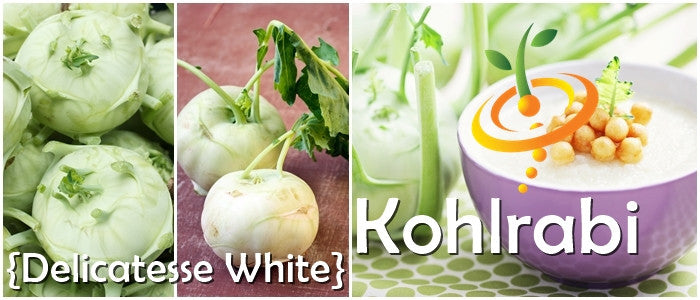
- This Kohlrabi variety produces extremely tender round bulbs
- Kohlrabi looks like a turnip growing above-ground
- Best to harvest when bulbs reach 4" across
- Well known for uniform size and disease resistance
-
Days to Maturity | 55-60 days
-
Kohlrabi Seeds | Grow Kohlrabi in loose, average soil. Direct-sow your seeds 4 to 6 weeks before the last frost in your growing zone; about ¼ inch deep, and 10 seeds per foot.
Click here for complete Kohlrabi grow guide
Additional Detail
Kohlrabi is one of the most commonly eaten vegetables in Kashmir Locally called monj, the vegetable is eaten along with the leaves (haakh). A Kashmiri household may have this on their dinner or lunch plates three to four times a week.
- This Kohlrabi variety produces extremely tender round bulbs
- From $299 USDUnit price /Unavailable
Description
The Black Tuscany Kale, is a unique variety of kale that has gained popularity among gardeners and chefs alike due to its distinctive appearance and robust flavor. This leafy green is characterized by its dark green, crinkled leaves that resemble the skin of a dinosaur, hence its nickname. The plant is not only visually appealing but also offers numerous health benefits, making it an excellent addition to any garden.
Originating from Italy, the Black Tuscany Kale thrives in cooler climates and is known for its resilience. It can withstand frost, which often enhances its flavor, making it a preferred choice for fall and winter gardens. The plant typically reaches a height of 2 to 3 feet and can spread up to 2 feet wide, providing ample foliage for harvesting.
In terms of nutritional value, Black Tuscany Kale is a powerhouse. It is rich in vitamins A, C, and K, as well as minerals such as calcium and iron. Studies have shown that kale is one of the most nutrient-dense foods available, with a high concentration of antioxidants that can help combat oxidative stress in the body. Incorporating this leafy green into your diet can contribute to overall health and wellness.
When cultivating Black Tuscany Kale, it is essential to consider its growing conditions. The plant prefers well-drained, fertile soil with a pH level between 6.0 and 7.5. It thrives in full sun but can tolerate partial shade, making it versatile for various garden layouts. Regular watering is crucial, especially during dry spells, as consistent moisture promotes healthy growth. Additionally, applying organic mulch can help retain soil moisture and suppress weeds.
Harvesting Black Tuscany Kale is straightforward. The leaves can be picked individually or cut from the base of the plant. It is advisable to harvest the outer leaves first, allowing the inner leaves to continue growing. This method not only prolongs the plant's productivity but also ensures a continuous supply of fresh greens throughout the growing season.
In conclusion, the Black Tuscany Kale plant is an excellent choice for gardeners seeking a nutritious and visually striking addition to their vegetable patch. Its hardiness, nutritional benefits, and culinary versatility make it a valuable crop for both home gardeners and professional chefs. By understanding its growing requirements and harvesting techniques, you can successfully cultivate this remarkable plant and enjoy its many benefits in your kitchen.
Click here for complete Kale grow guideFollow SeedsNow.com's board Kale on Pinterest. - From $299 USDUnit price /Unavailable
Description

- The leaves of the Horehound plant are widely used to flavor juices and teas. Horehound is used to make hard lozenge candies that are considered by folk medicine to aid digestion, soothe sore throats, and relieve inflammation.
- Easy to grow from seed and can be sowed directly in the garden
- Plant in a sunny location with well-drainage
-
Days to Maturity | 75 days
See Horehound Recipes & Growing Tips on our Pinterest Board
Follow SeedsNow.com's board Horehound on Pinterest. - The leaves of the Horehound plant are widely used to flavor juices and teas. Horehound is used to make hard lozenge candies that are considered by folk medicine to aid digestion, soothe sore throats, and relieve inflammation.
Hollyhock, Summer Carnival Mix Flowers
From $329 USDUnit price /UnavailableDescription
This Summer Carnival Mix (Alcea rosea) produces towering spikes that can grow to 9' tall with saucer-sized blooms in all sorts of different colors.
Heat and cold-tolerant, this biennial blooms its first year. Prefers full sun, but can tolerate part shade, even under a Black Walnut tree. The leaves, buds, and petals are edible.
- Life cycle: Biennial
- Bloom season: Summer, fall
- Attracts: Birds, hummingbirds, bees, butterflies, and other pollinators
- Flower meaning: Abundance, ambition, femininity, fertility, fruitfulness
SEED PLANTING TIPS
- Botanical name: Alcea rosea
- Hardiness zones: 2-10
- Planting season: Summer, fall
- Days to maturity: 2nd year
- Cold stratify: Yes
- Depth to plant seeds: Lightly cover - seeds need light to germinate
- Depth to plant seeds: Surface sow
- Spacing between plants: 18"-36" apart
- Days to germinate (sprout): 10-21 days
- Germination soil temps: 60F-70F
- Soil types: Sandy, loamy, chalky, rich, moist, well-drained
- Soil pH: 6.0-8.0
- Water needs: Average
- Sun needs: Full sun, part shade
- Frost tolerant: Yes
- Drought tolerant: Yes
- Deer resistant: Yes
- From $199 USDUnit price /Unavailable
Description
- The neck of these gourds produce a shape that is very "swan-like"
- Ideal for decorating, painting or selling at markets
- Weighs around 3 lbs
- Can easily reach up to 15 inches in length
- Mostly green in color with prominent cream spots, and the shell usually always stays glossy when dried
- Long thin neck with wide/bulb base
- The neck of these gourds produce a shape that is very "swan-like"
- From $299 USDUnit price /Unavailable
Description
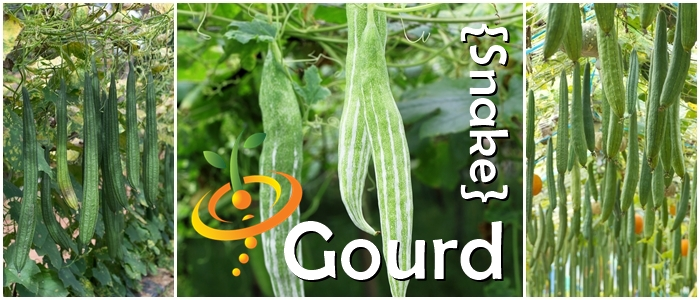
- Also known as "Slippery Snake"
- Grows long light green snake-like shaped gourds
- Grows as a long vine
- If you like to grow gourds then you'll be sure to appreciate this one
- Also known as "Slippery Snake"
Gourd - Large Bottle "Birdhouse"
From $099 USDUnit price /UnavailableDescription

- Just as the name suggests, this style of gourd will produce something that looks like a large bottle
- Colors will vary
- Many people use this variety to make birdhouses
- Grows as a vine
- Just as the name suggests, this style of gourd will produce something that looks like a large bottle
- From $199 USDUnit price /Unavailable
Description
- Just as the name suggests, this style of gourd will produce a gourd that can be repurposed as large bowl when dried.
- Just as the name suggests, this style of gourd will produce a gourd that can be repurposed as large bowl when dried.
- From $199 USDUnit price /Unavailable
Description
- Just as the name suggests, this style of gourd will produce a gourd that looks like a small green apple.
- Dark green then dries brown
- Image source commons wiki
- Just as the name suggests, this style of gourd will produce a gourd that looks like a small green apple.

🌱 Feat. Seed Types (A - Z)
Go to the seed shopcontinue shopping

